Sam speaks to Steph Walklett from Sign Together UK about their Level 1 and Level 2 BSL Sign Language learning courses, the prominence of using BSL and what more can be done to educate and increase awareness of the value of sign language.
Find out more about their courses on the Sign Together UK website.
Transcript:
Sam Smette (00:00)
Now, I want to talk about BSL, British Sign Language, as a new course is coming to Banbury and Bicester College in October, helping educate people on BSL. I’m joined now by Steph Walklett, one of the founders of Sign Together UK. Good evening, Steph. It’s nice to meet you. Thank you so much for coming down and joining us on the programme this evening. Firstly, tell us a little bit about yourself and your husband, Richard, and your experiences.
Steph Walklett, Sign Together UK (00:27)
Yes. The company was started by my husband, who is deaf. He’s hard of hearing. He had nerve damage in both his since birth, and that’s gradually deteriorated as he’s got older. He’s been one of those people like many people who’s just got by with his hearing for many, many years. He’s missed out on a lot. He had a lot of gaps. School was particularly difficult. Then when it came to COVID and face masks and Perspex glass and all this business, as many others know, hard of hearing or not, it became a real challenge for him to communicate. So he learned BSL at that point, absolutely fell in love with it, said, Where has this been all my life? This is a fantastic communication tool and has been teaching it ever since. And I’m his wife, I am hearing. But because of his hearing loss and his passion, I learned it as well. And it’s fantastic now because we can just choose to speak verbally with words or with BSL and switch between the two, which has been fantastic.
Sam Smette (01:29)
And that sounds like an incredible backstory. And it must be so difficult as well for people that have got hearing conditions or hearing impairments that don’t understand BSL and have no other way of communicating.
Steph Walklett, Sign Together UK (01:41)
Yeah, absolutely. And you might not know this, but one in six people adults in the UK have hearing problems. Wow. And that’s only the people who are diagnosed. I think it’s a lot bigger issue. There’s probably many people listening who thinking, Yeah, I’ve always wondered about one ear or the other ear, or it can often be certain sounds, whether it’s a high pitch sound or a low pitch sound or just clarity. There’s a lot of us that struggle to hear.
Sam Smette (02:05)
For those who don’t know what BSL is, Steph, can you tell us a bit more about the language and how it is used in day to day communication.
Steph Walklett, Sign Together UK (02:11)
Absolutely, yeah. British Sign Language is only used in Britain. I get that question a lot. You can’t use it anywhere in the world. It’s not international. But it’s a language that’s been created by the deaf community, really. Over the hundreds of years. It’s several thousands of years old. And like all of us, every community needs to find a way to communicate. BSL is a full functional language with its own grammar. You can express anything you can express in English. It uses English vocabulary, but the order is different. So when you start to learn it, you’ll realise, Oh, why is it to my name what and not my name is? But you can learn all that, of course, if you join us on our course.
Sam Smette (02:52)
We’ll come onto the course in a moment. I was going to say I was reading quite an interesting statistic actually from the British Deaf Association, which suggested only around 150,000 people in the UK are using BSL. So that’s about two percent of the population. That’s quite incredible, isn’t it?
Steph Walklett, Sign Together UK (03:06)
Yeah, and I think that’s going to go up and up and up. I mean, since celebrities such as Rose Ayling-Ellis, has been absolutely fabulous on Strictly, and there’s much more of an awareness of BSL, people are less scared of trying it, people are excited by it. I mean, it’s such a beautiful, expressive language. You’ll have seen yourself it’s a combination of hand movements and facial expressions and also lip reading because we mouth pattern the vocabulary. And when you watch somebody interpret, even if you’ve seen the person in the corner of the TV, it’s so exciting. I think it’s becoming more and more accessible all the time now to everybody, whether you’re hard of hearing, deaf or not or even maybe have a learning disability where you nonverbal could come into it.
Sam Smette (03:49)
Yeah, and I think it’s certainly risen to prominence in the last couple of years, particularly, like you said, with people like Rose Ayling-Ellis on Strictly.
Steph Walklett, Sign Together UK (03:58)
A real boom. I mean, we teach in Oxford, we teach in Banbury, Milton Keynes, Swindon, and classes just sell out because people are just really embracing it. We have some students who are deaf themselves or are hearing impaired. Many just want to learn to help others and to have a second language. I don’t know if you know about the BSL GCSE debate that’s been happening? Oh, okay. So it’s finally gone through that there will be, at some point in the near future – fingers crossed – a BSL GCSE. It’s something the deaf community has been fighting for 10 – 15 years now for a long time. Hopefully, it will be taught in schools. Many of our students, because we do teach in schools, say, I’d much rather learn this than French or Spanish, which I might only ever use a handful of times at holiday, but here is a language I can learn in England with British people and an isolated community become more integrated, which is fantastic.
Sam Smette (04:55)
Yeah, and it’s all about inclusivity and making sure people with hearing impairments can be included in those day to day conversations and they’re not left out.
Steph Walklett, Sign Together UK (05:04)
Yeah. It’s incredible to believe that only last year did the government make BSL an official legal language in the UK. Right. Before that, it wasn’t recognised as a language, which seems crazy, doesn’t it? But now that means that there are demands that there will be much more accessibility in terms of government services using BSL and such like. So hopefully a much more inclusive world.
Sam Smette (05:26)
And a step in the right direction.
Steph Walklett, Sign Together UK (05:27)
A step in the right direction. Absolutely, yeah.
Sam Smette (05:29)
And Steph, I want to come on now about the Sign Together UK programme and the courses that you’re running here in Banbury and elsewhere. Tell us a bit about those.
Steph Walklett, Sign Together UK (05:37)
Yeah, great. We teach level one and level two BSL. Level one is the basics, so things like family, food and drink, how to say hello, goodbye, how to talk about the weather. You can just have general exchanges, if you like, in BSL. We also teach level two, which talks a bit more in-depth about topics. I like to think at level two you can have a general day to day conversation with somebody who signs. We don’t teach level three, but we do refer to an excellent deaf company who do that. Then you can talk about really complex topics like politics and things. But the level one and level two will enable you to integrate with sign users and hearing loss and communicate your needs if it’s you that would benefit from it as well.
Sam Smette (06:23)
Who is for programme for specifically? Can anyone join?
Steph Walklett, Sign Together UK (06:27)
Literally, it’s for everybody. So we tend to have adults on the evening courses that we do. We have had students as young as 11 join us, and absolutely love it. We’ve had people as old as 80 join us and absolutely love it. We’ve had people from various minorities, learning difficulties. We’ve got a big following in the LGBTQ communities. It really is anybody can book. We actually teach in a nursery, two-year-olds who pick up words like red and horse and animals and then in companies and in corporate setting. That’s how diverse this language is. Anybody can use it, it’s great.
Sam Smette (07:05)
Yeah, and is it quite easy to learn, would you say?
Steph Walklett, Sign Together UK (07:09)
Well, this is a debate that me and Richard have with each other. Richard is a very visual learner. He really struggles to learn from books and anything that he can use his hands for or see, he learns really quickly. So to him and people like Richard, it’s quite easy. It’s very natural and second nature. I’m the other way I learn very well from books, so it took me a little bit longer. So it depends on you, your learning style. The benefit of BSL, if you’re English, is all the vocabulary is English. So you got halfway there. You just have to learn the rest. So it depends, really. But I personally think it’s easier than some of the modern foreign languages, mostly for that reason that the vocabulary you’re using is English. So it’s familiar words in a slightly different order.
Sam Smette (07:54)
Excellent. And with the course, it’s going to be here in Banbury, taking place here in Banbury. When is it happening? How long is it going to be happening for? And how do people get involved?
Steph Walklett, Sign Together UK (08:03)
Yeah, so it starts on Halloween, the 31st of October at 7:00 PM, and that’s at Banbury and Bicester College. So 7:00 PM for one hour every week, and that’s our 12-week programme. Usually after that, we follow that up with a level two that’s not been announced yet, but usually that’s the way it goes. And yeah, you can go into the website. It’s www.signtogetheruk.com and find the Banbury page, or you can email us [email protected], and we can send that across to you with a link.
Sam Smette (08:32)
And the course itself is accredited, isn’t it? So you get a qualification and certificate at the end.
Steph Walklett, Sign Together UK (08:37)
Yeah. So what I’m saying, level one and level two, those aren’t things that we’ve come up with. That’s an exam board called Signature, which is now the only remaining recognised accredited centre in the UK. They work very closely with the deaf community and have since, forever. They set certain criteria what you should be able to do at each level. We more or less follow their framework. You don’t have to do exams. Not everybody loves exams, but you can do if you choose to. It depends on what you’re learning it for. Yes, you can have a qualification and go down that route, or you can just do it for the share, enjoyment, and the skill itself.
Sam Smette (09:13)
Hopefully, many people will sign up to your course and hopefully learn that skill because it is a valuable life skill to have.
Steph Walklett, Sign Together UK (09:19)
Yeah, well, absolutely. We’ve got quite a few enrolled already, actually, so there’s just a few spaces left.
Sam Smette (09:26)
Is there a cost to the course?
Steph Walklett, Sign Together UK (09:27)
Yes, there is. The level one is £150, but that’s without exams. We let people pay for the learning, and then if they choose to do exams at the end, it’s entirely up to you. You can use that as an add-on, but you don’t need to decide until you finish the course.
Sam Smette (09:41)
Lastly, one of the other things I want to ask you is what more can be done to raise awareness and education around hearing loss and hearing impairments?
Steph Walklett, Sign Together UK (09:47)
We teach deaf awareness, and we often go into groups such as the WI. It’s the most simple things that make the biggest difference. It’s things like making sure you’re facing somebody before you talk to them, tapping someone on the shoulder or getting people’s attention first. I’ve been speaking quite quickly today, but I should be speaking a bit slower and a bit clearer, rephrasing myself if I need to, and just not getting frustrated with somebody if somebody doesn’t quite seem to be following or is a little bit lost. One in six people that we know of have problems with hearing, so just being patient and more aware generally, I think those are the best things that we all can do to communicate generally speaking, but particularly for hearing.
Sam Smette (10:36)
Radio itself, obviously we’re on Radio Horton, not very visual. What can we do as a radio station to try and be more inclusive?
Steph Walklett, Sign Together UK (10:44)
I think the same things again. Slowly and clearly repeating points more than once, or if you have a guest repeating back what they said, maybe different phrasing, and perhaps having transcripts available, if that’s at all possible, if you can subtitle radio, or just summarising key points, really. Because when we talk about deaf or hard of hearing, of course, there’s a massive spectrum of that, from just mild hearing loss to really quite profound. So just very simple things to be aware of, communicating clearly, not talking over the top of people. I’ve done an excellent job of that today. Yeah, this has been brilliant, genuinely. Yeah, and just slow it down and take your time.
Sam Smette (11:32)
And to anyone that wants more advice about deaf or hearing loss, what should they do? Where should they go? Perhaps they know someone that’s got a condition that might need a bit more assistance.
Steph Walklett, Sign Together UK (11:43)
Yeah, I mean, probably audiology at your hospitals are the main hub. I mean, if you’re a company or the college, we’ve actually done the deaf awareness at the college and big corporations, we can come in and help with that, various deaf websites. What I’ll do, actually, is I’ll put a list on our website of useful resources. I’ve been meaning to do that for a while now, so this will make me do it. By the end of this week, if you pop to signtogetheruk.com, I’ll pop on their useful resources page so you can see different websites that are useful to the deaf community.
Sam Smette (12:16)
Fantastic. All these resources and, of course, your course are hopefully going to remove some of those barriers that people have.
Steph Walklett, Sign Together UK (12:25)
Fingers crossed.
Sam Smette (12:25)
That’s what you want, isn’t it?
Steph Walklett, Sign Together UK (12:26)
Absolutely. Yeah. I mean, it’s such a beautiful language and it’s such a relief. One of the things that Richard mostly talks about is in noisy spaces. So restaurants, cafes, places where you just can’t communicate, or you just can’t hear, being able to have a little bit of sign, being able to communicate clearly with somebody, it’s worth its weight in gold. Yeah.
Sam Smette (12:49)
Steph, it’s been an absolute pleasure. Thank you so much for coming in to the studio. Thank you for having me. Just to remind us of your website once more.
Steph Walklett, Sign Together UK (12:55)
www.signtogetheruk.com
Sam Smette (12:56)
You can find all the details about the Sign Together courses right there. Thank you very much, Steph, for coming in.
Steph Walklett, Sign Together UK (13:01)
Thank you.


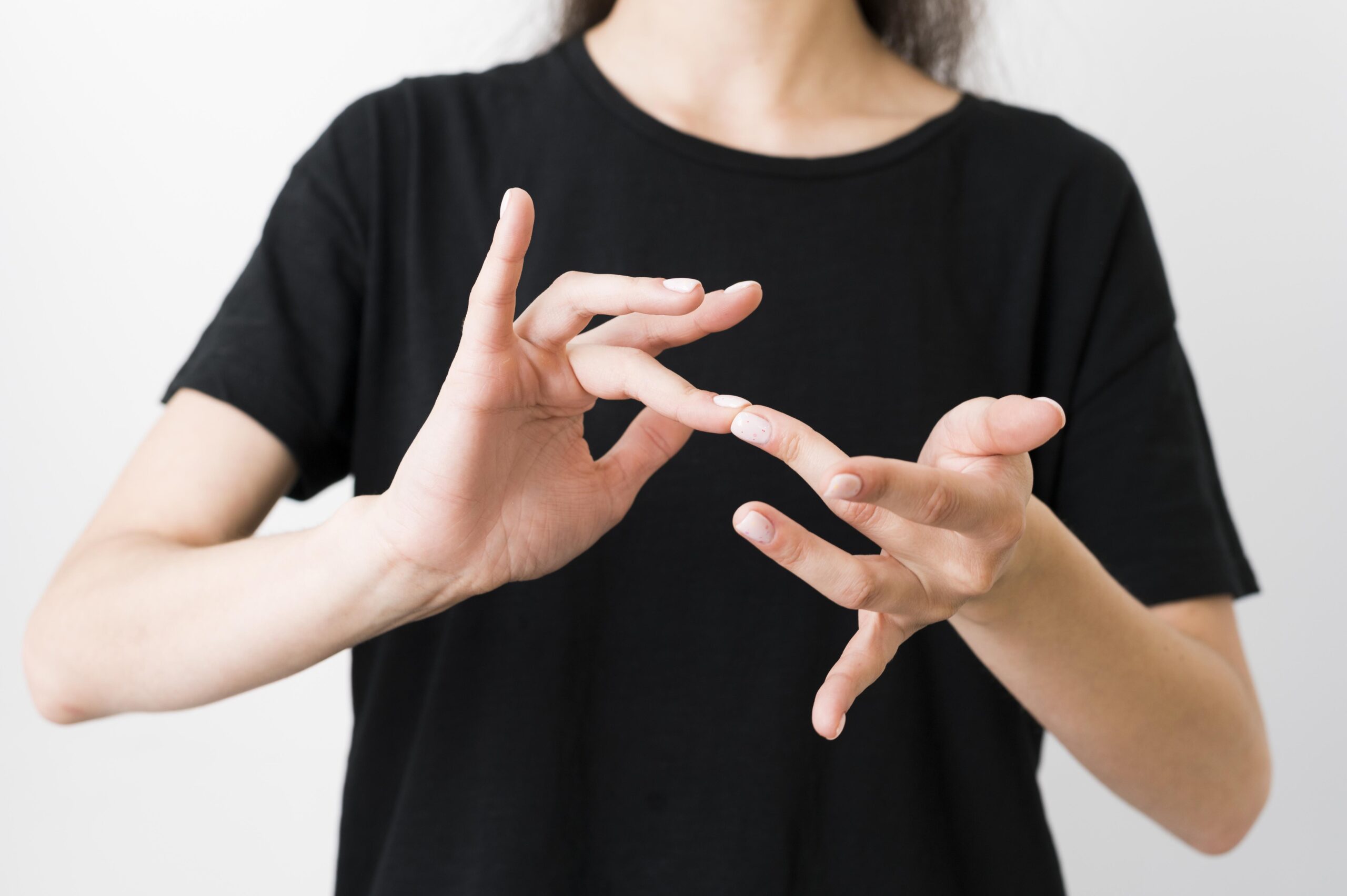
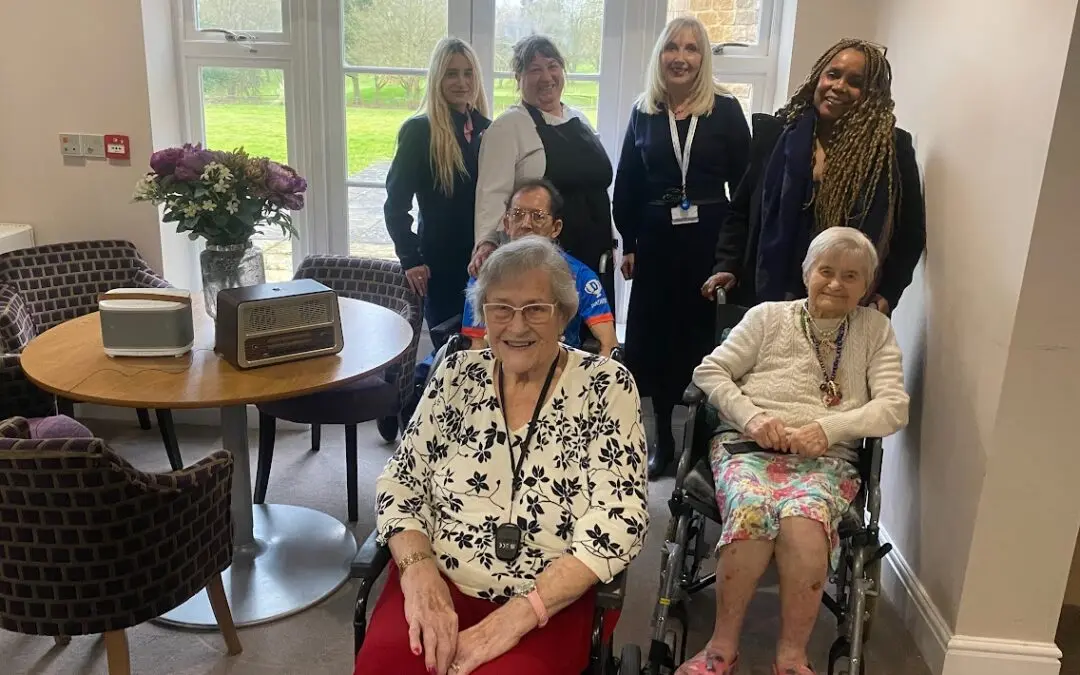
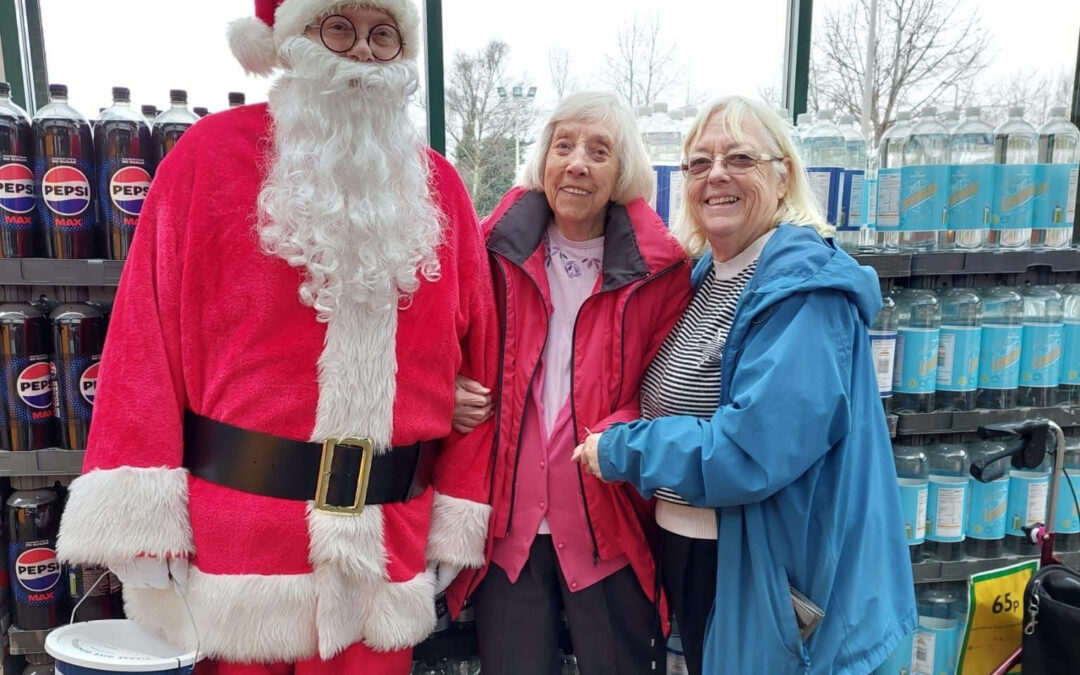
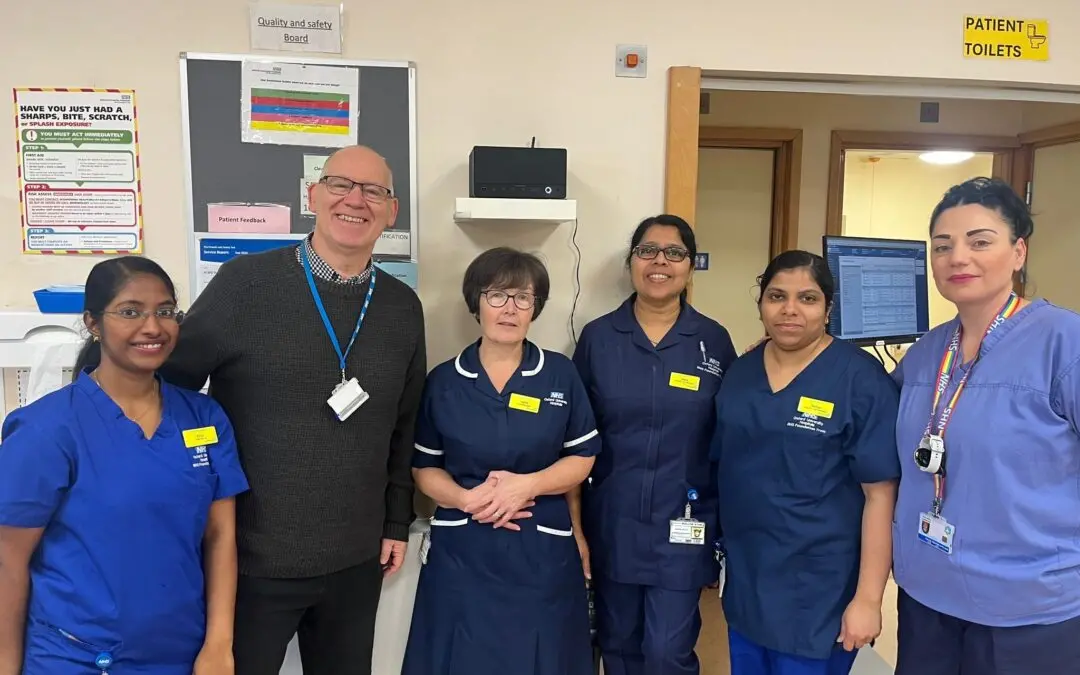
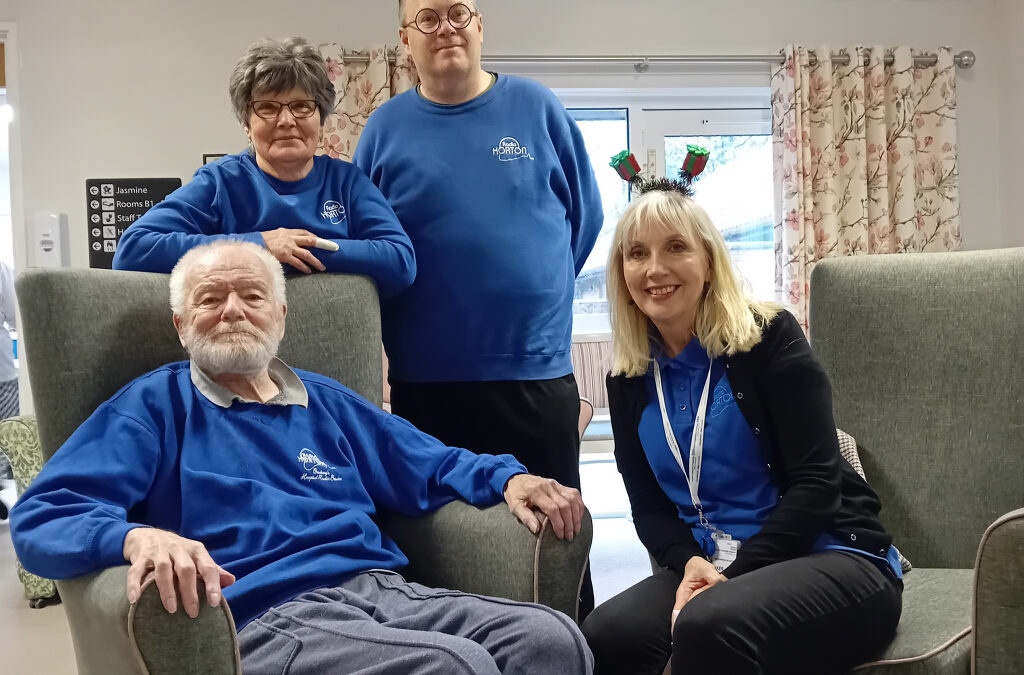
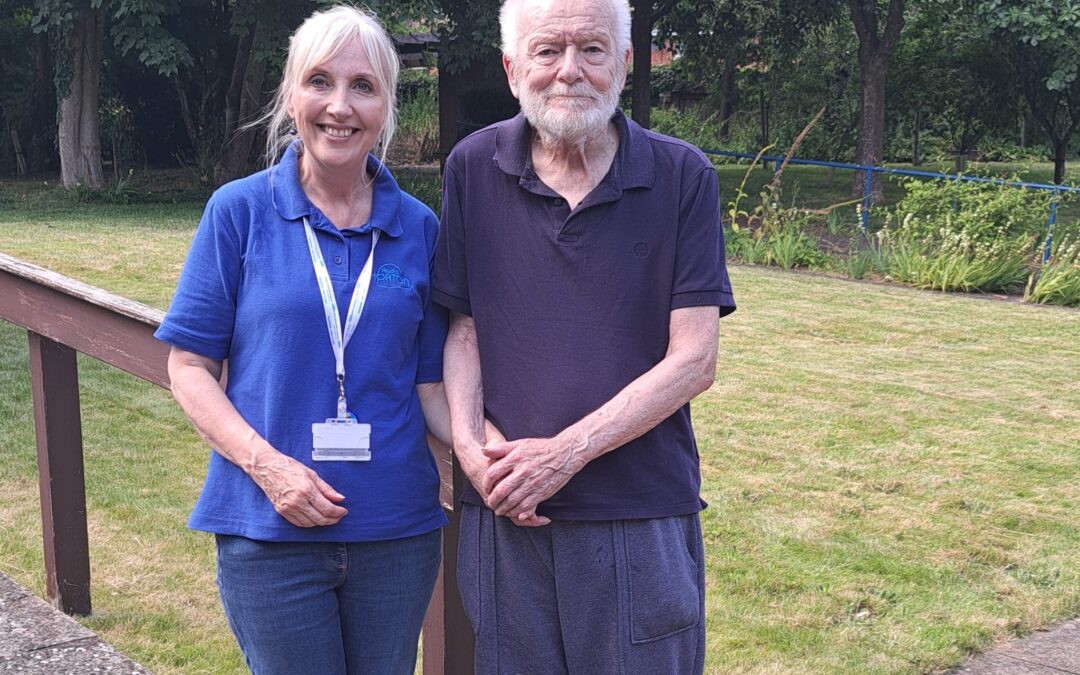
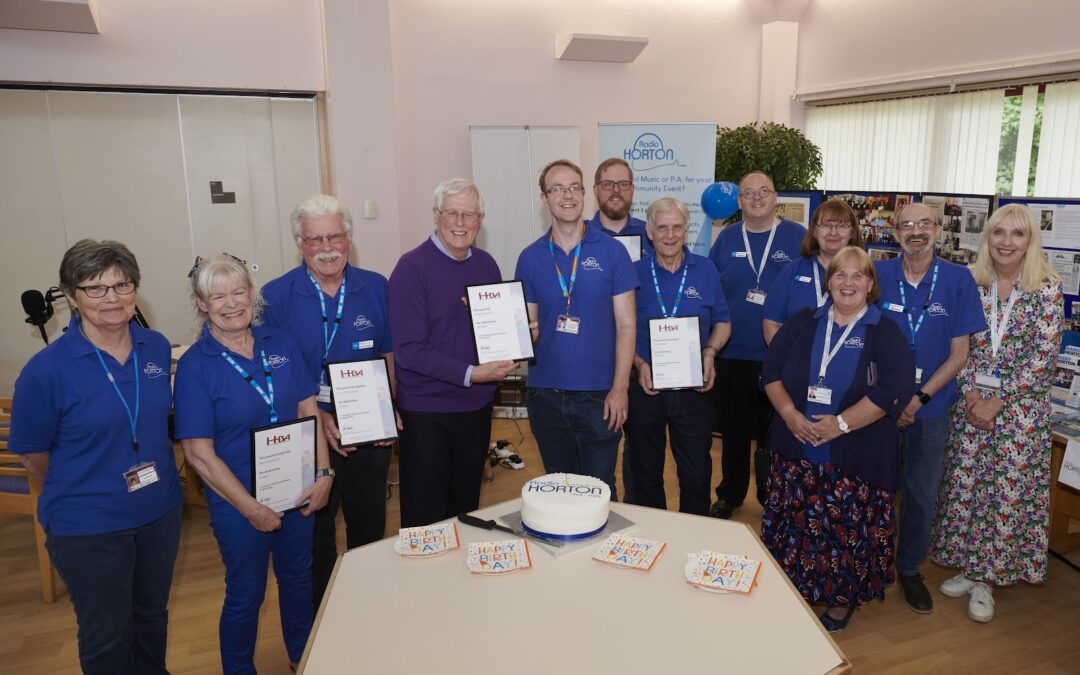
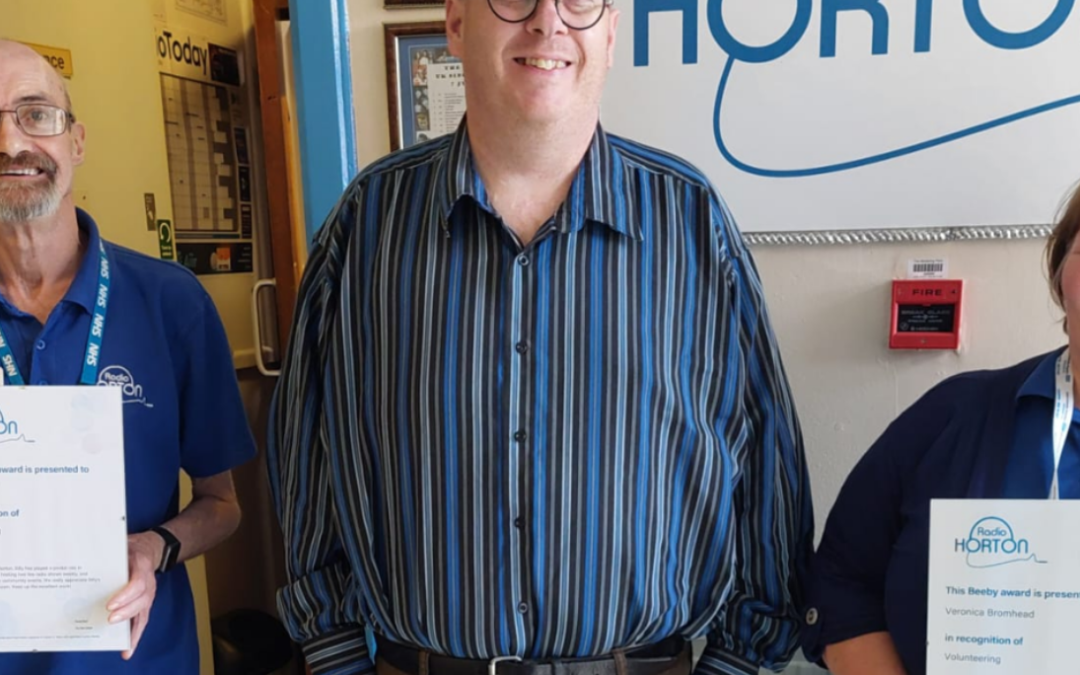
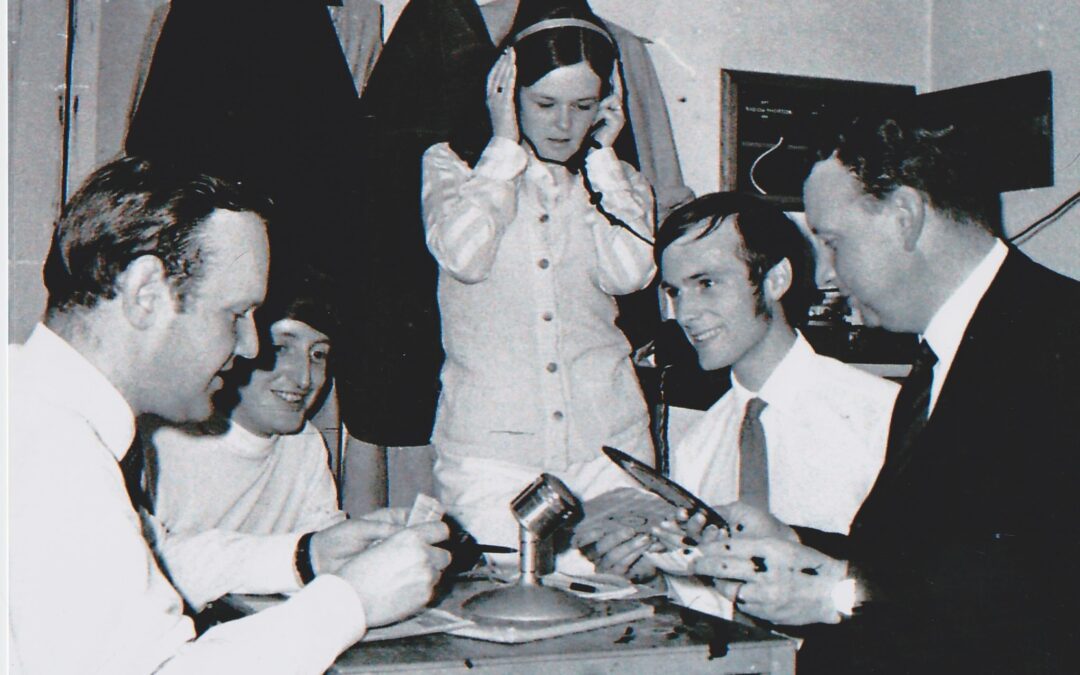
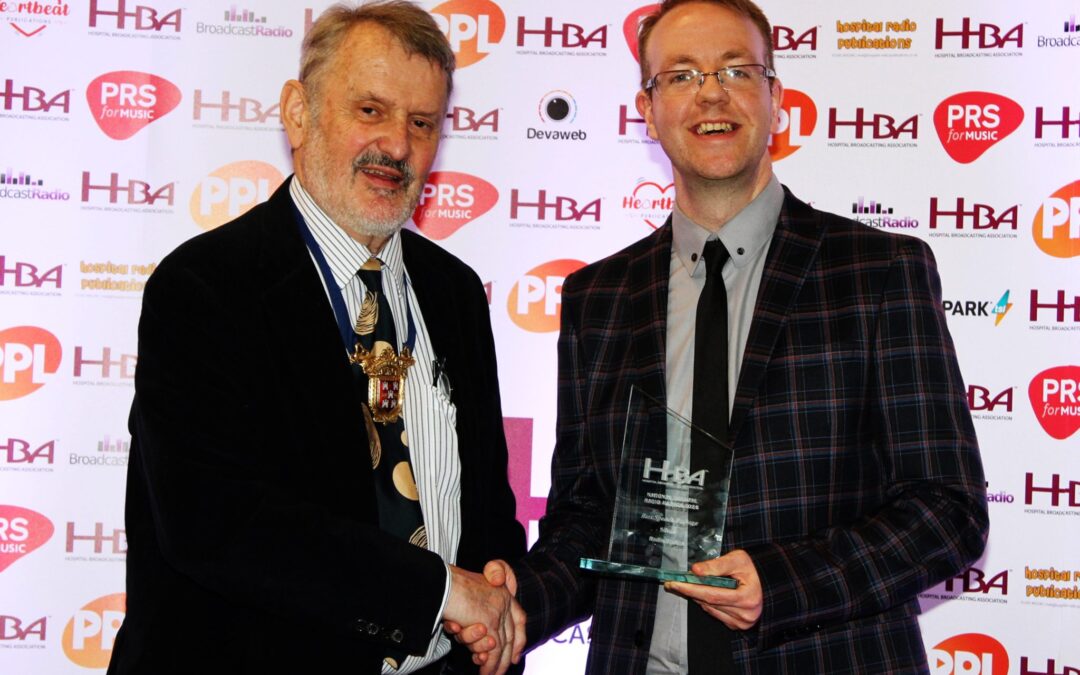
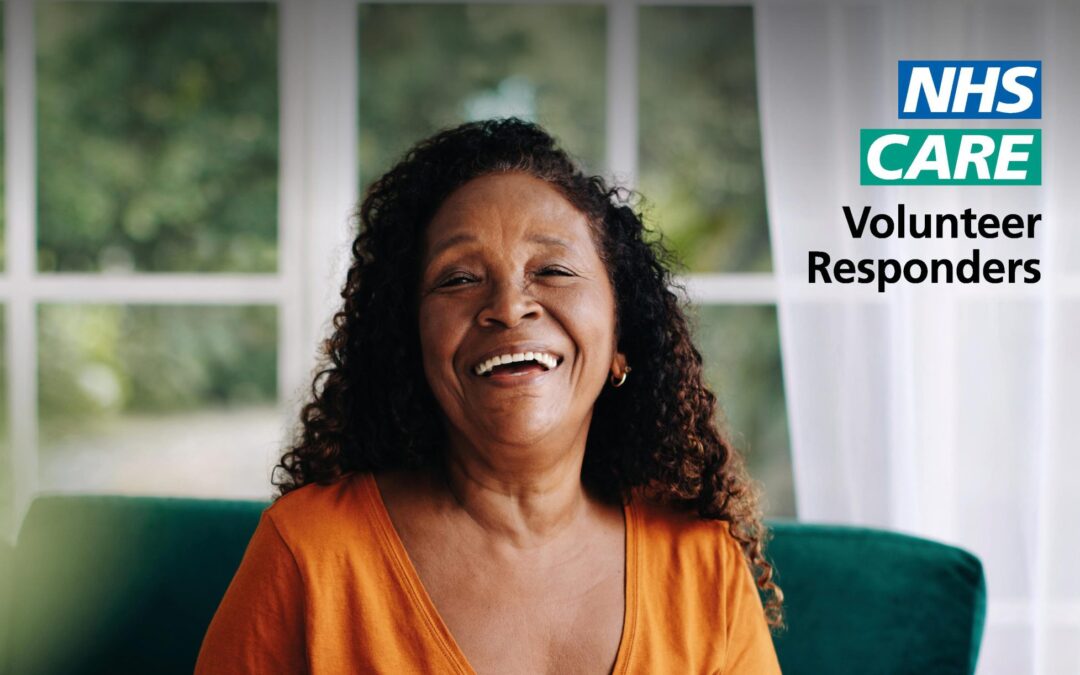
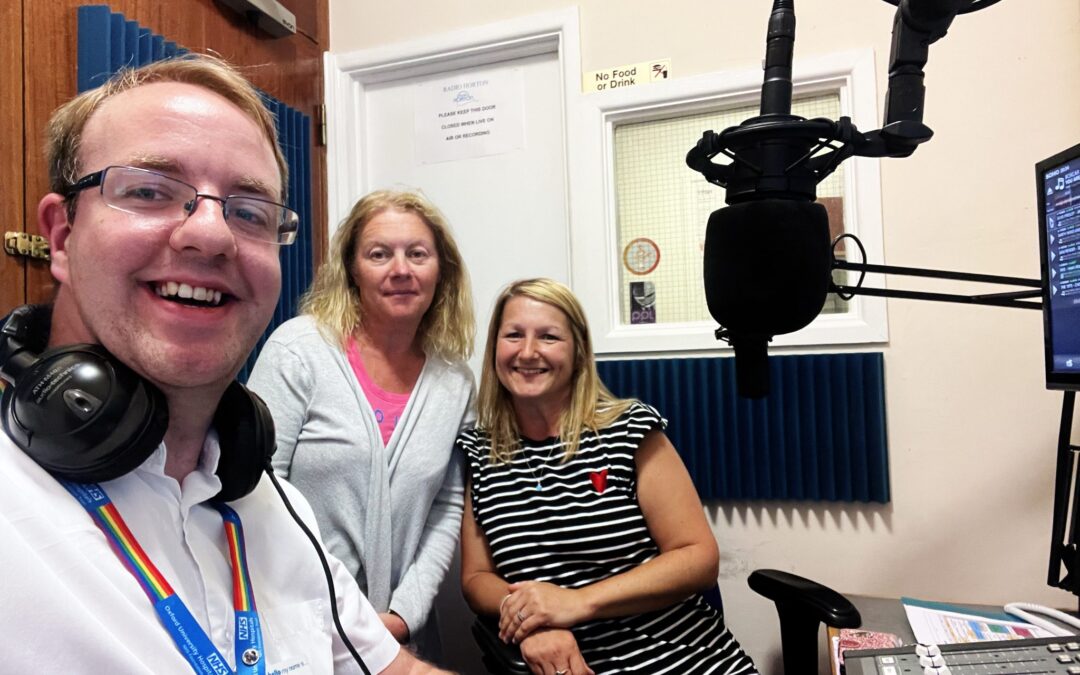
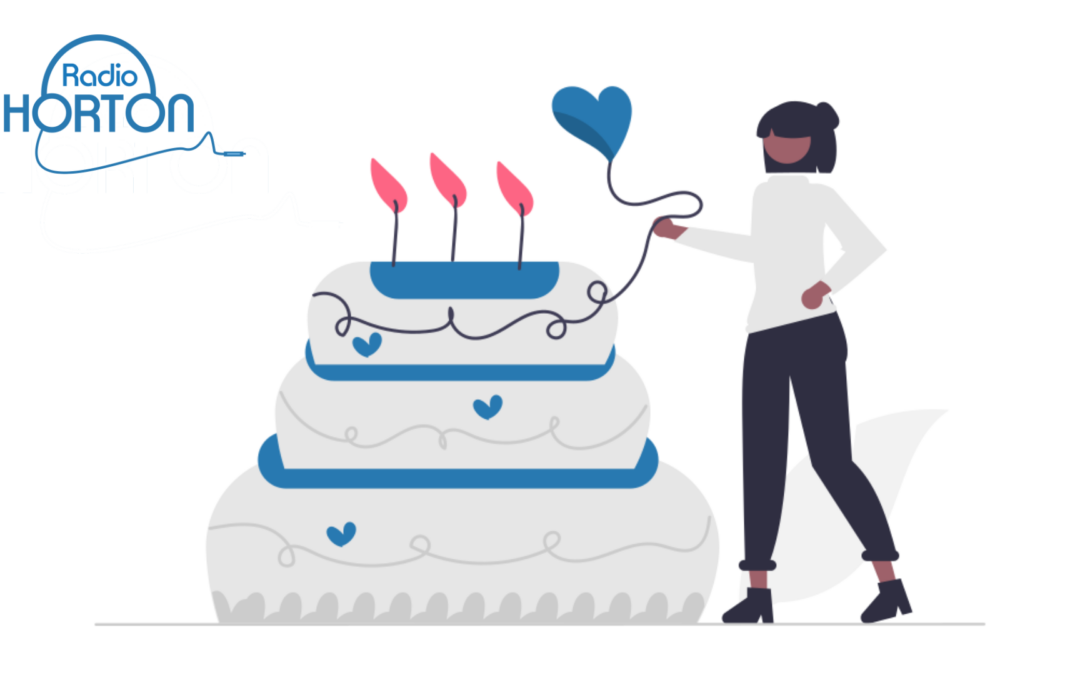

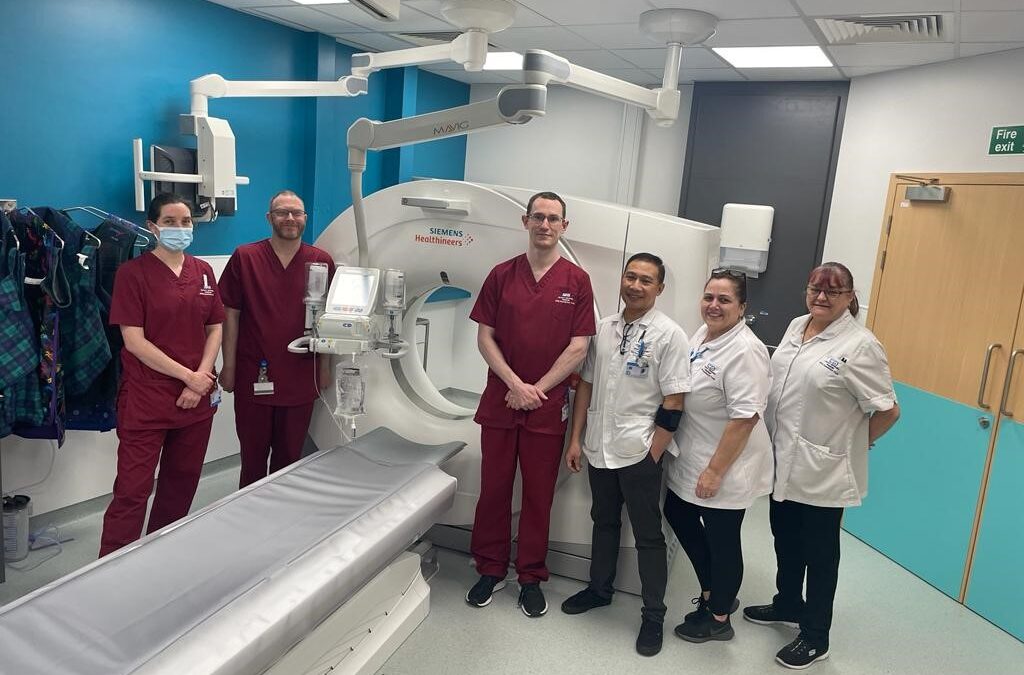
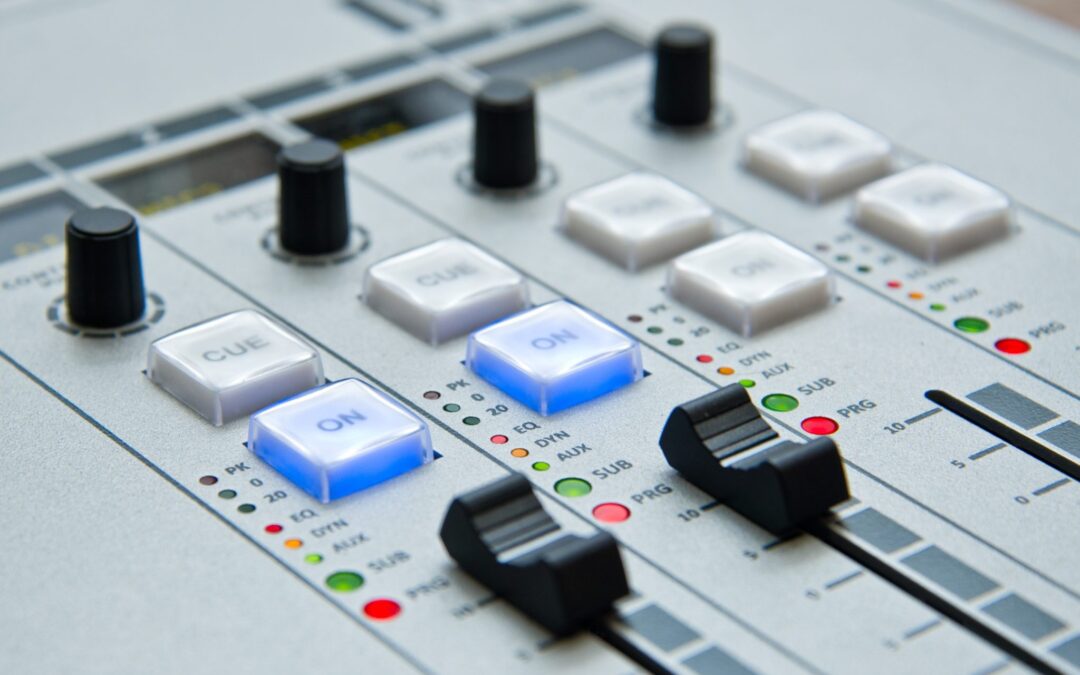
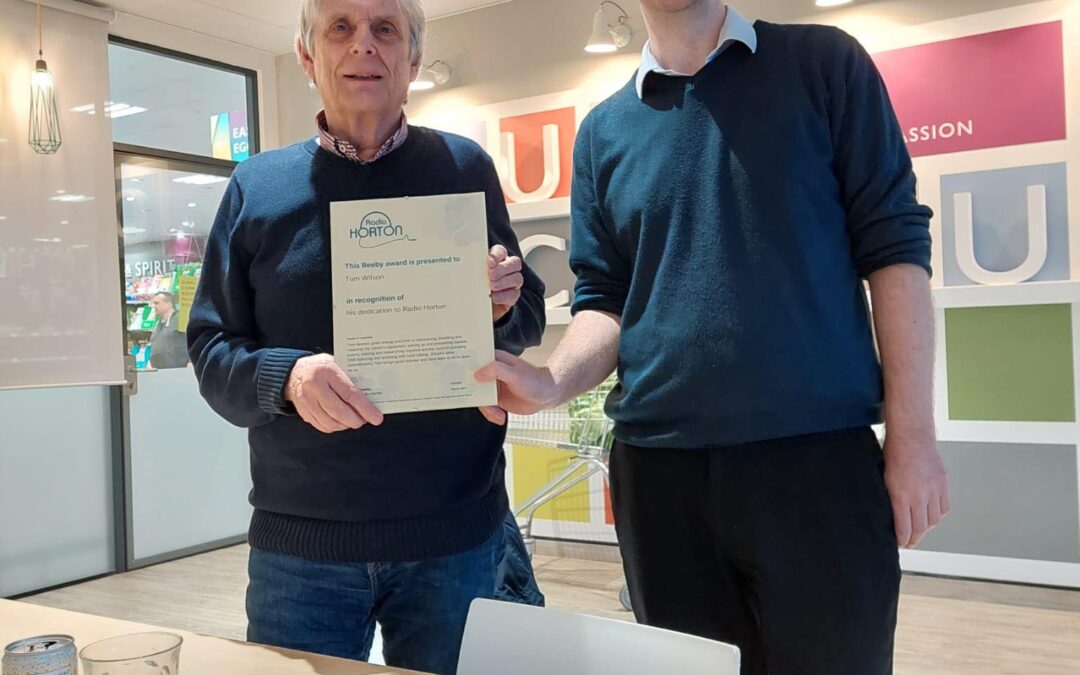
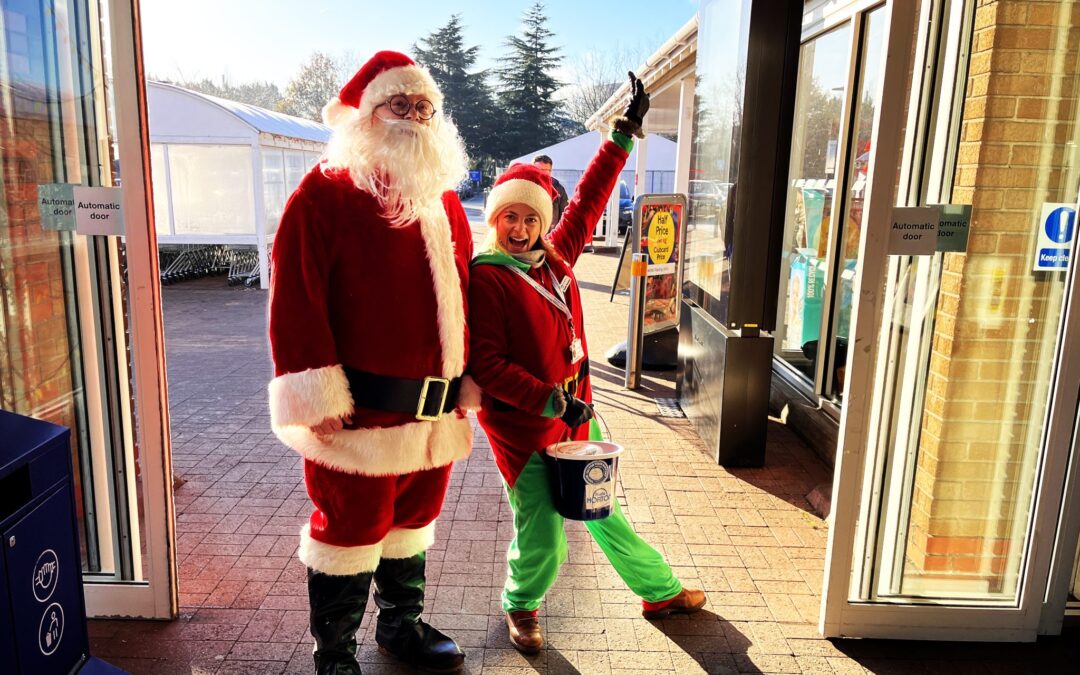
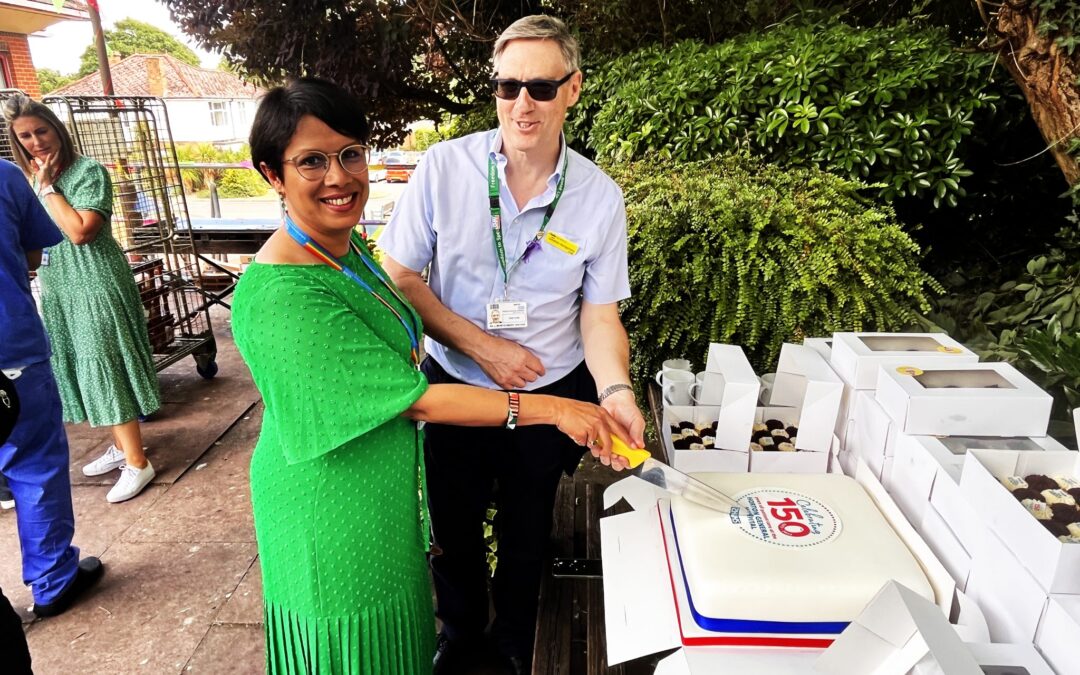
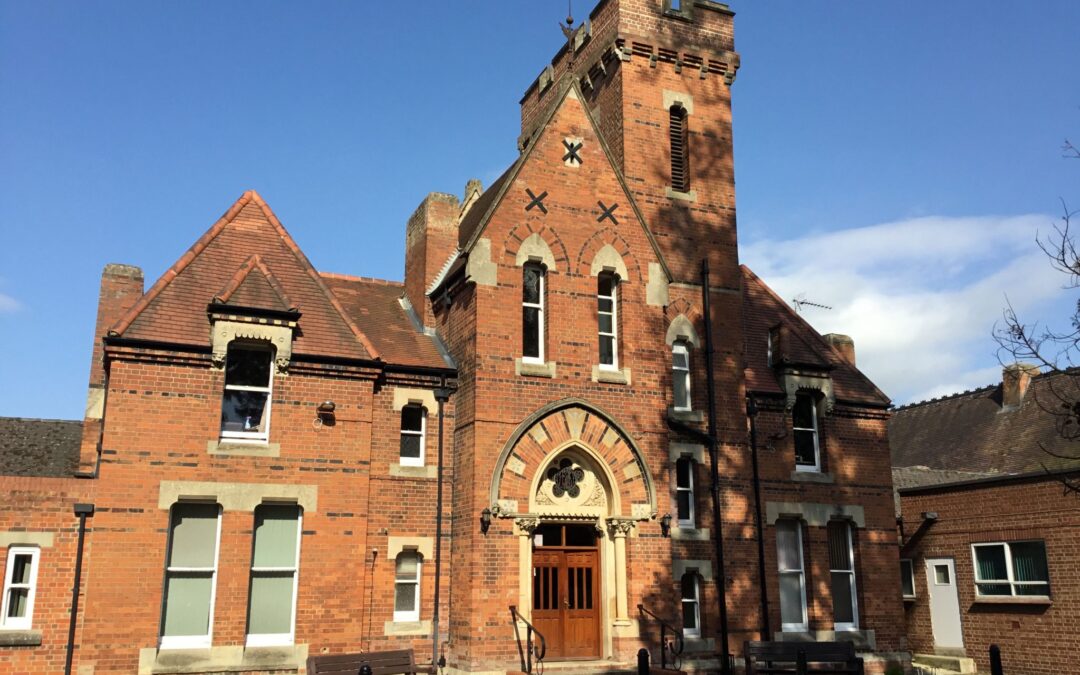
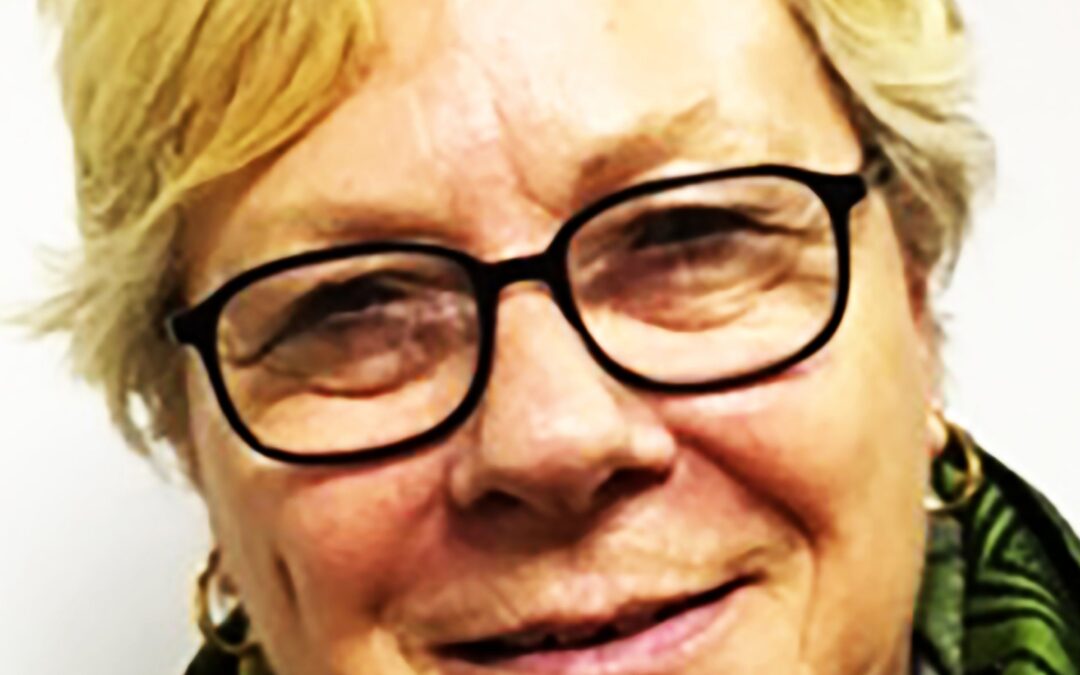
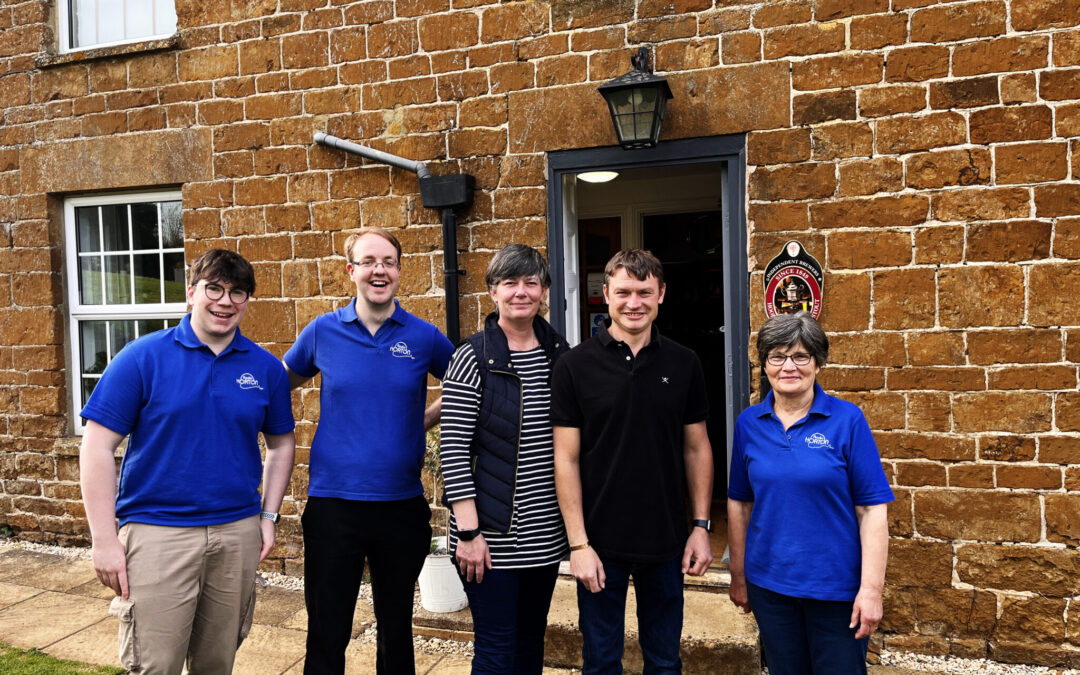
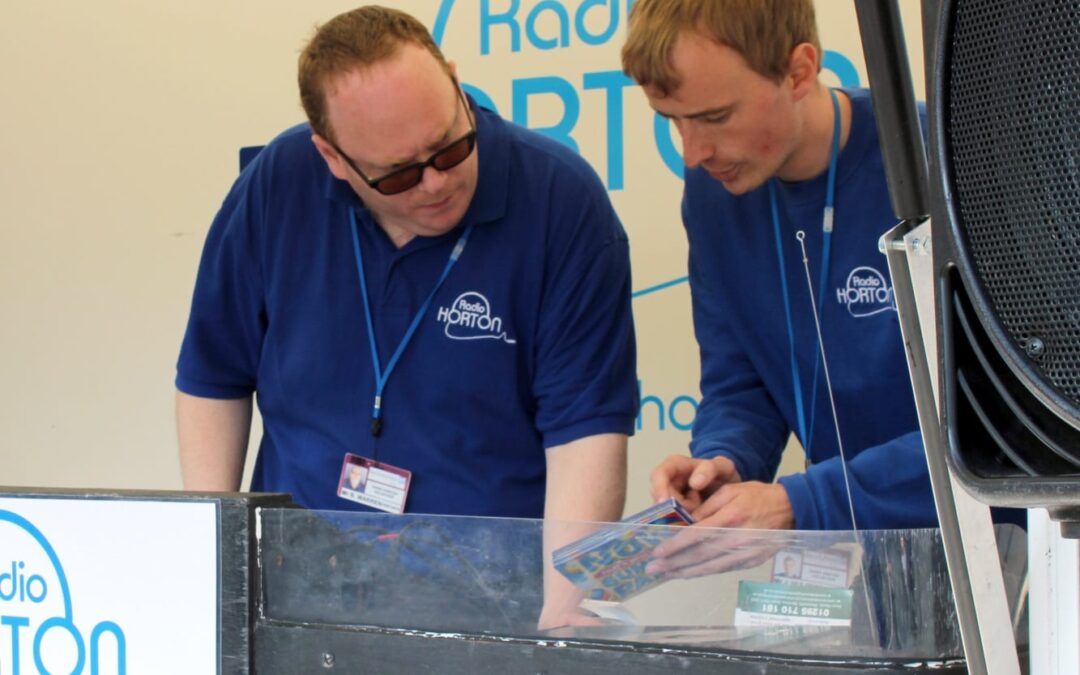
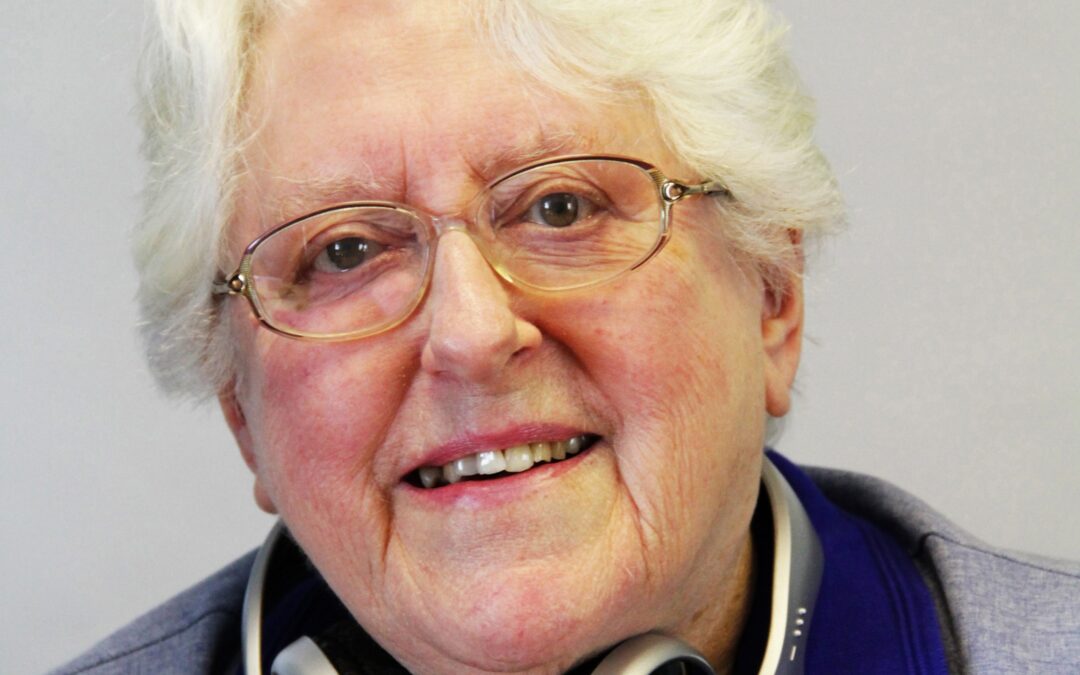
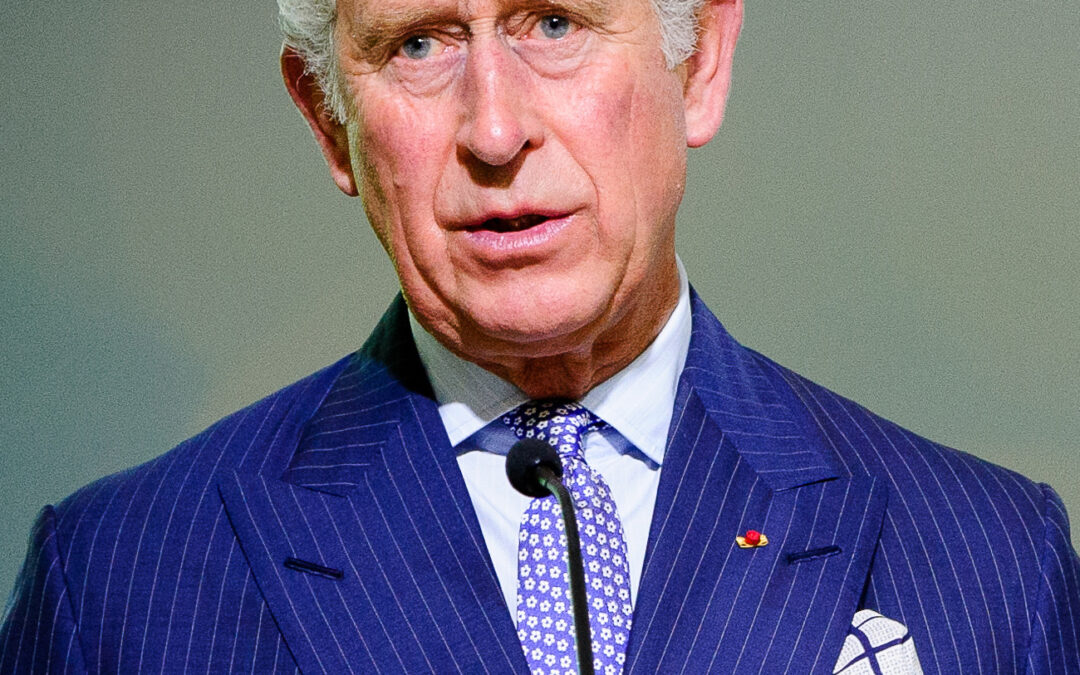
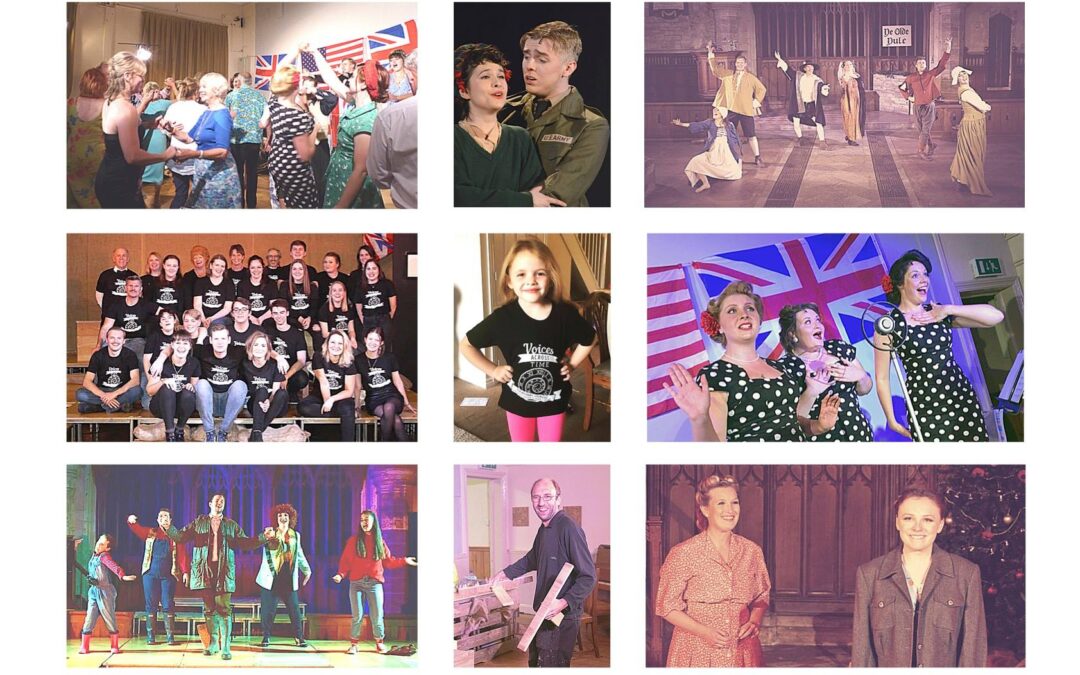
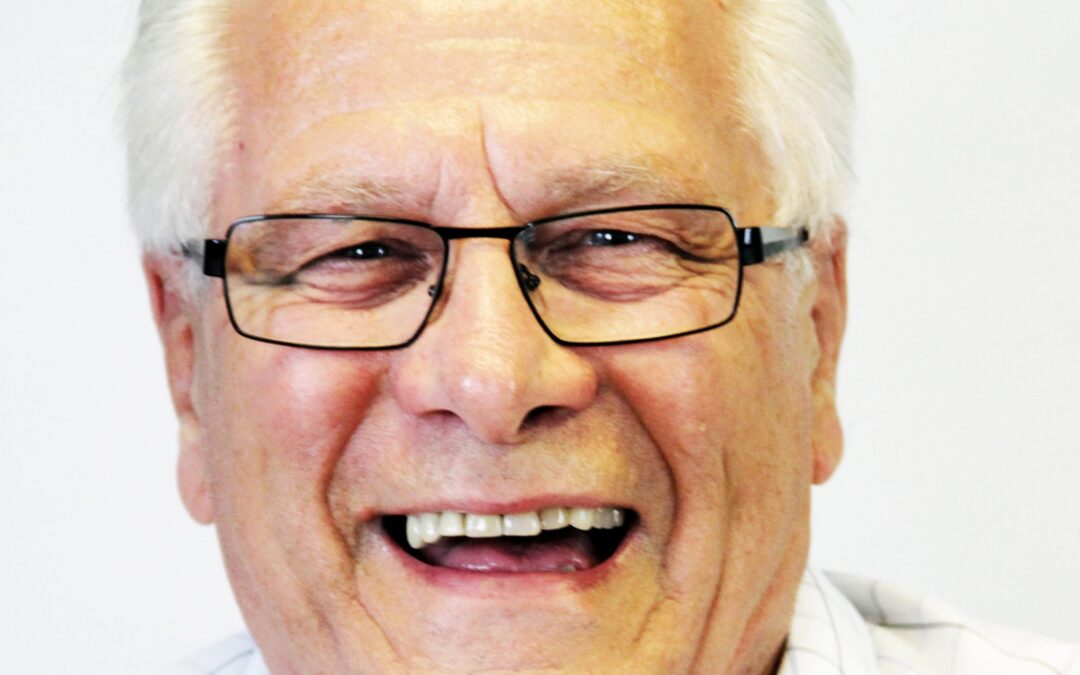
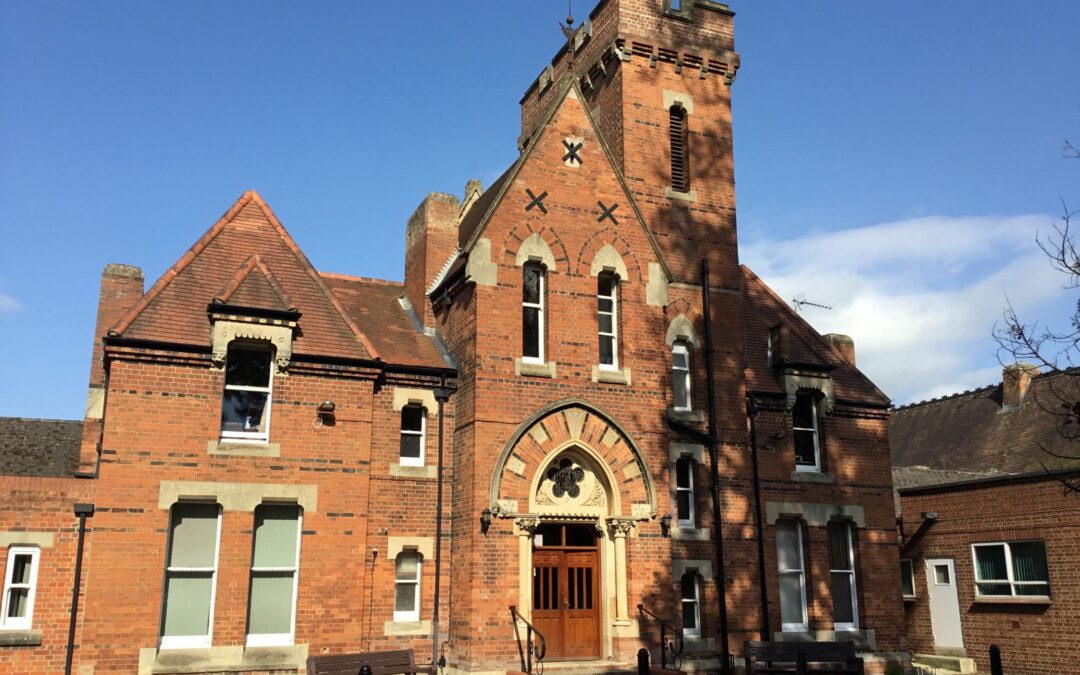
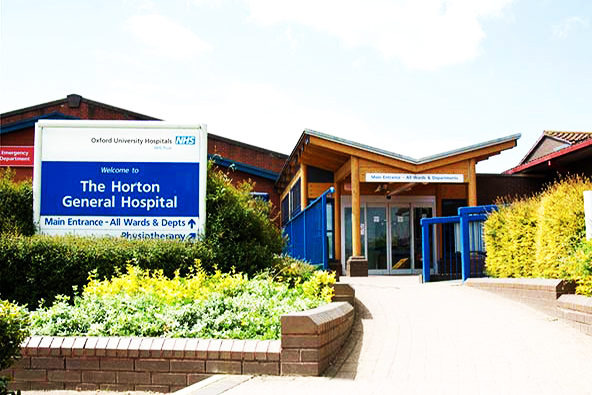
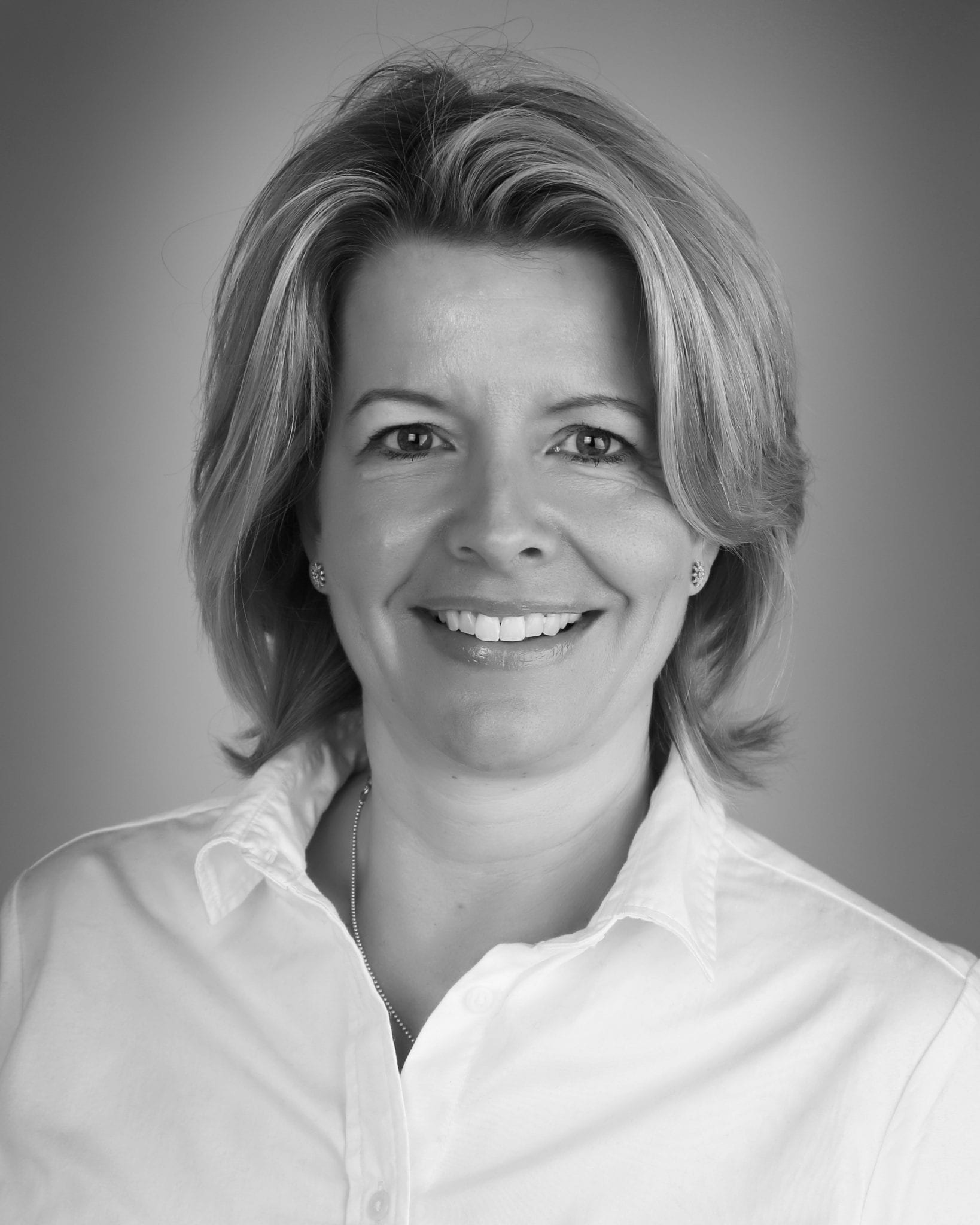
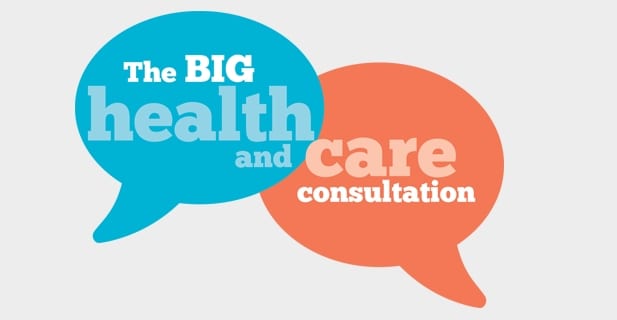
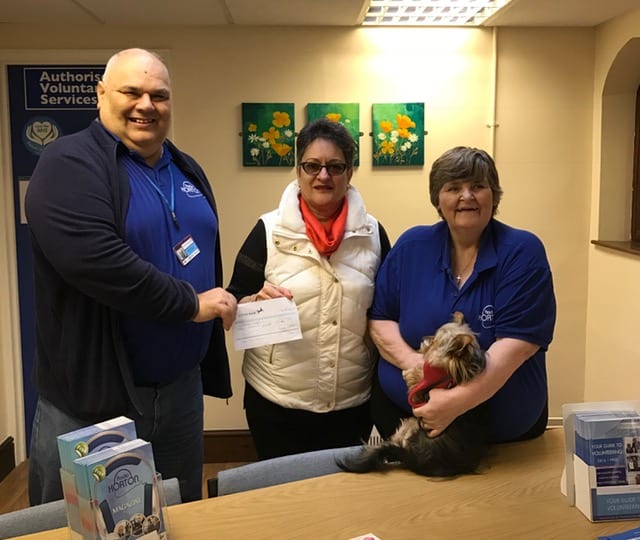
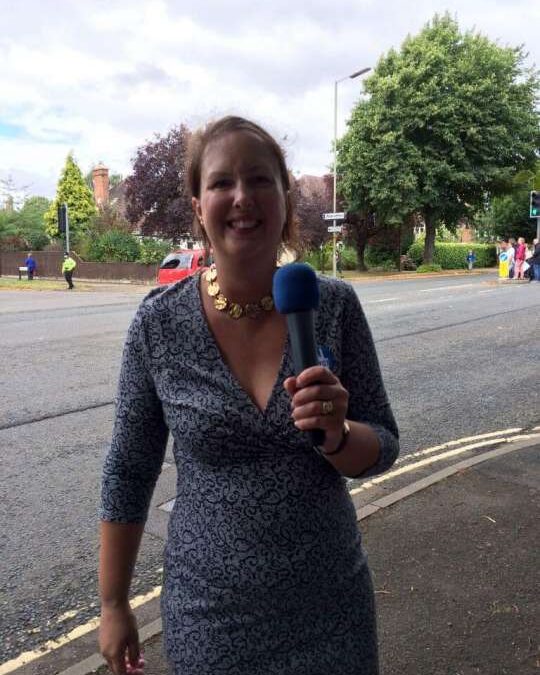
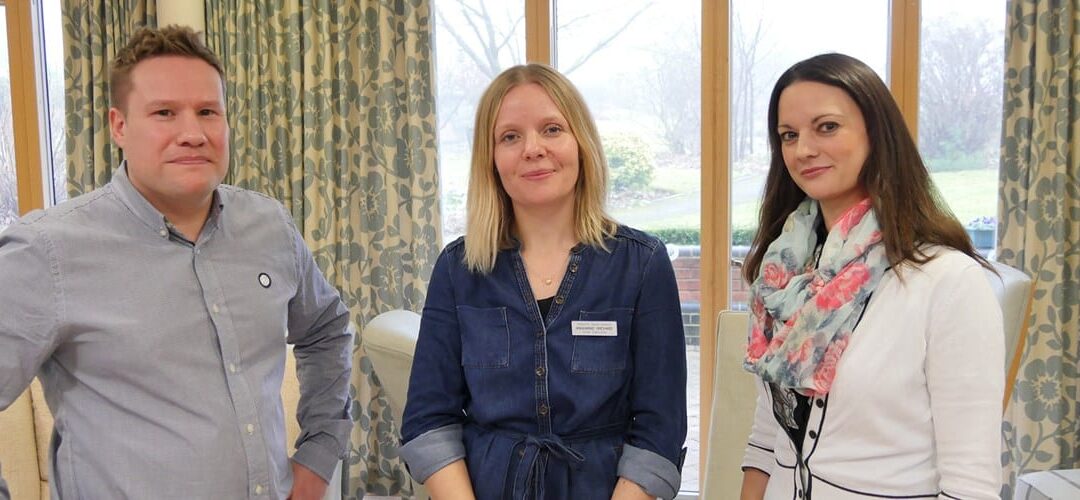
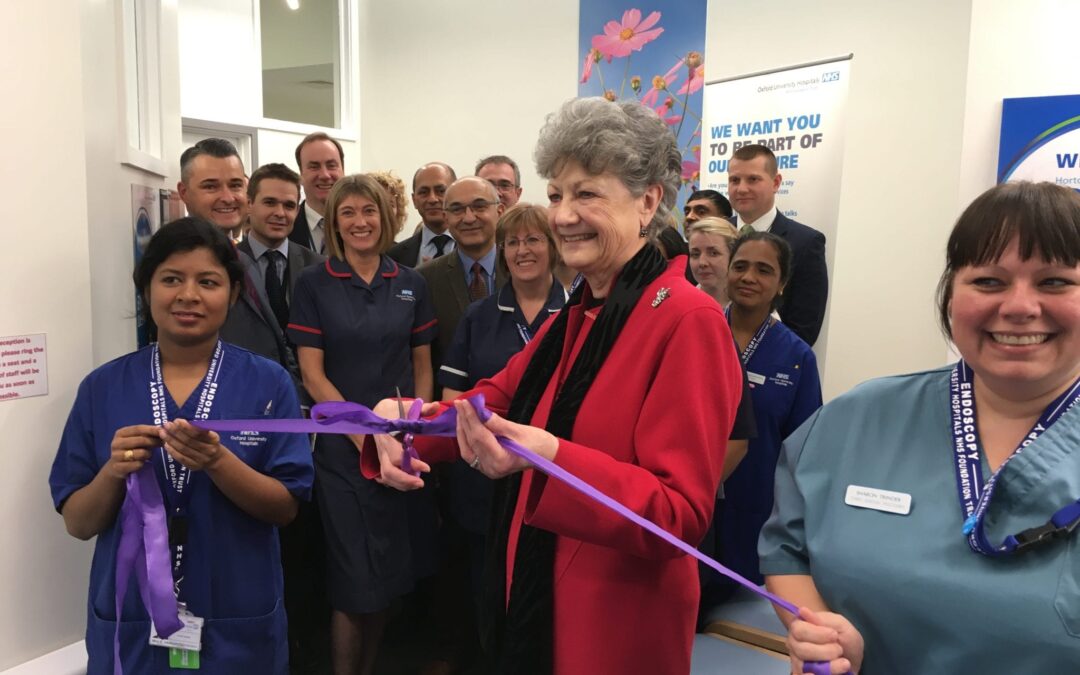
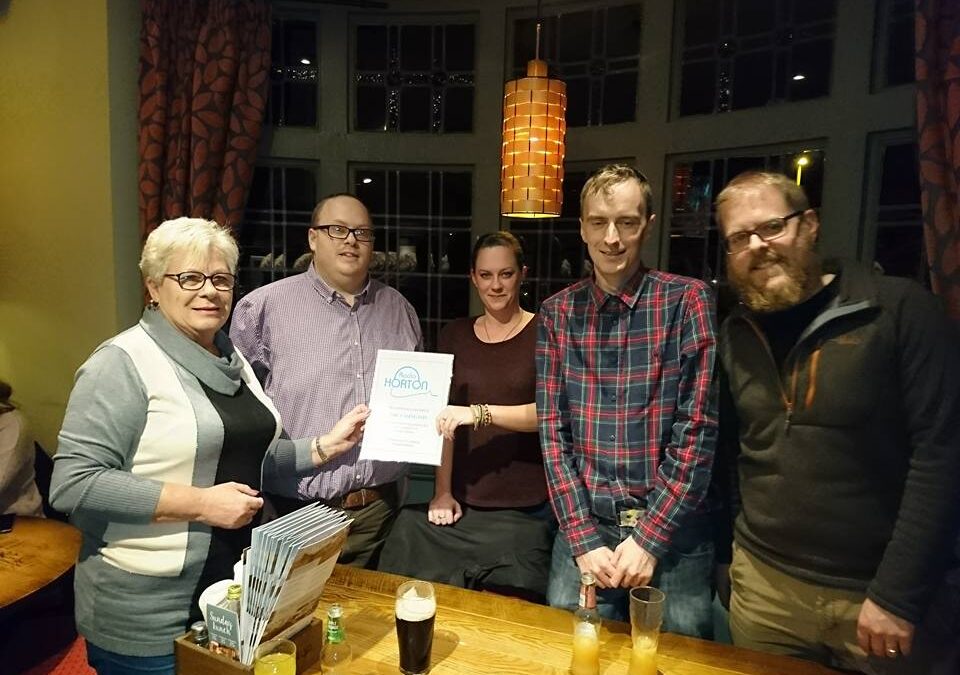
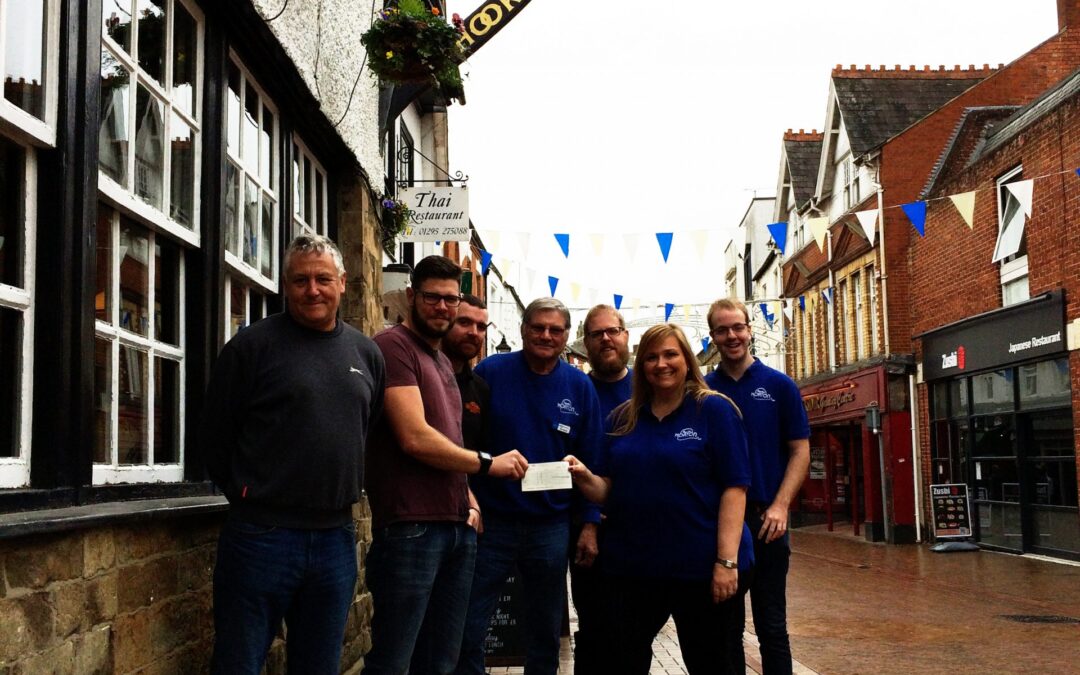
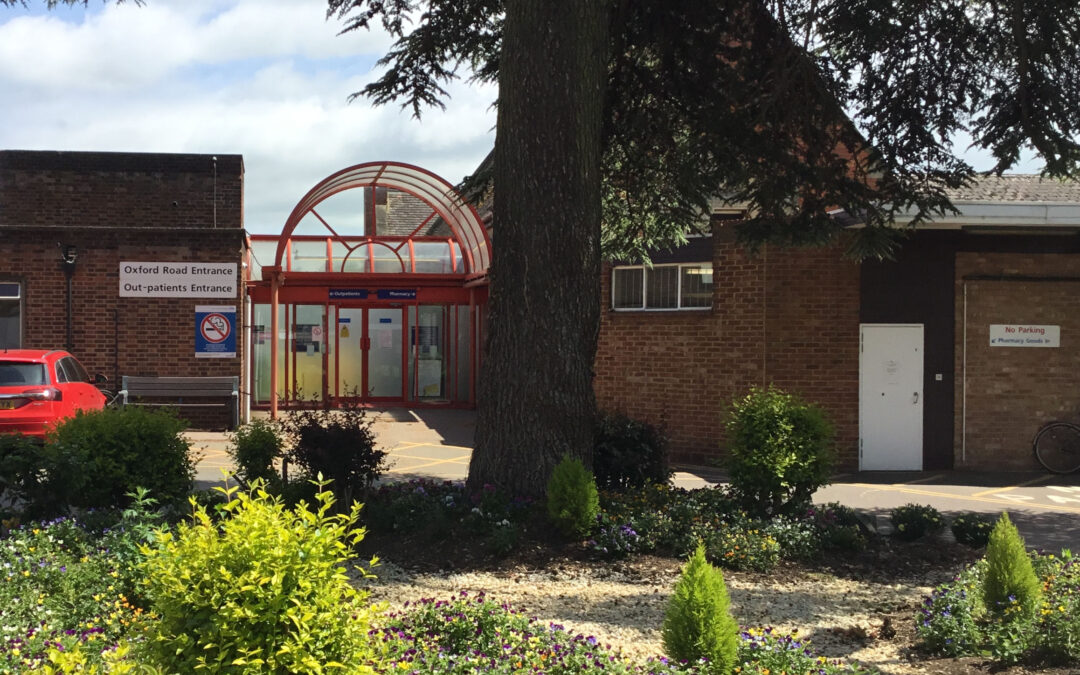
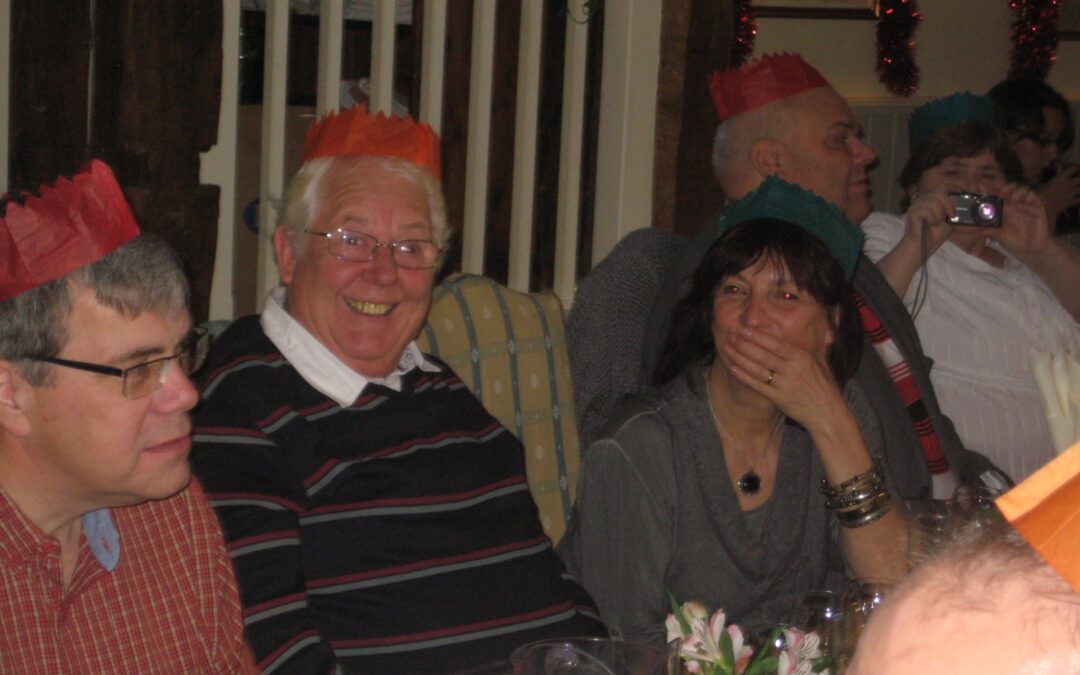
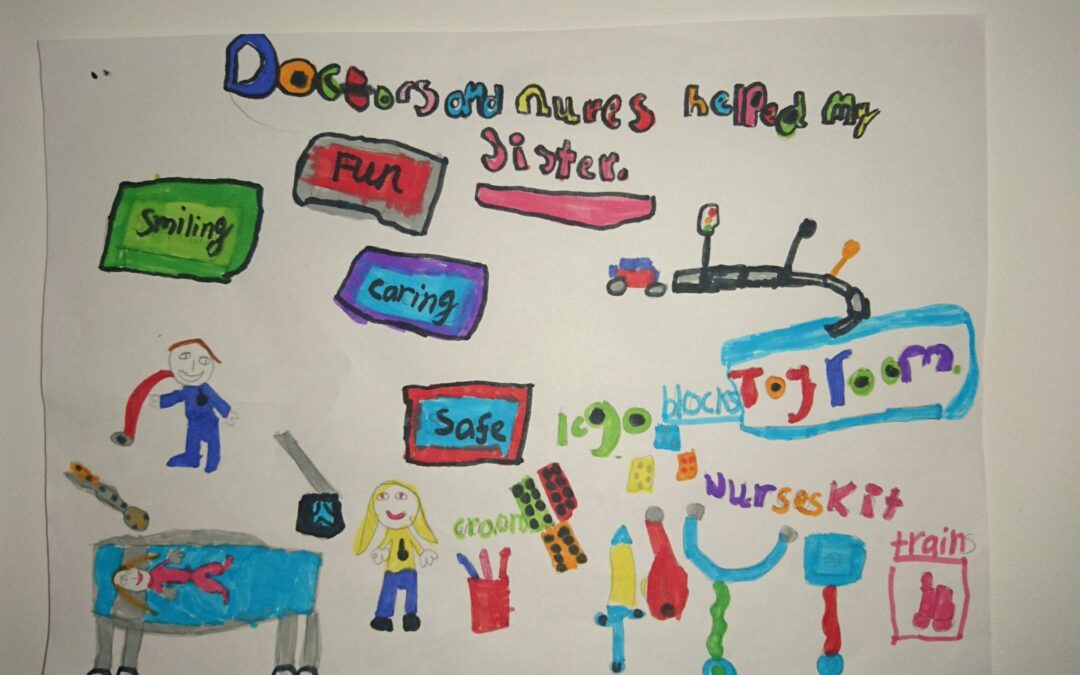
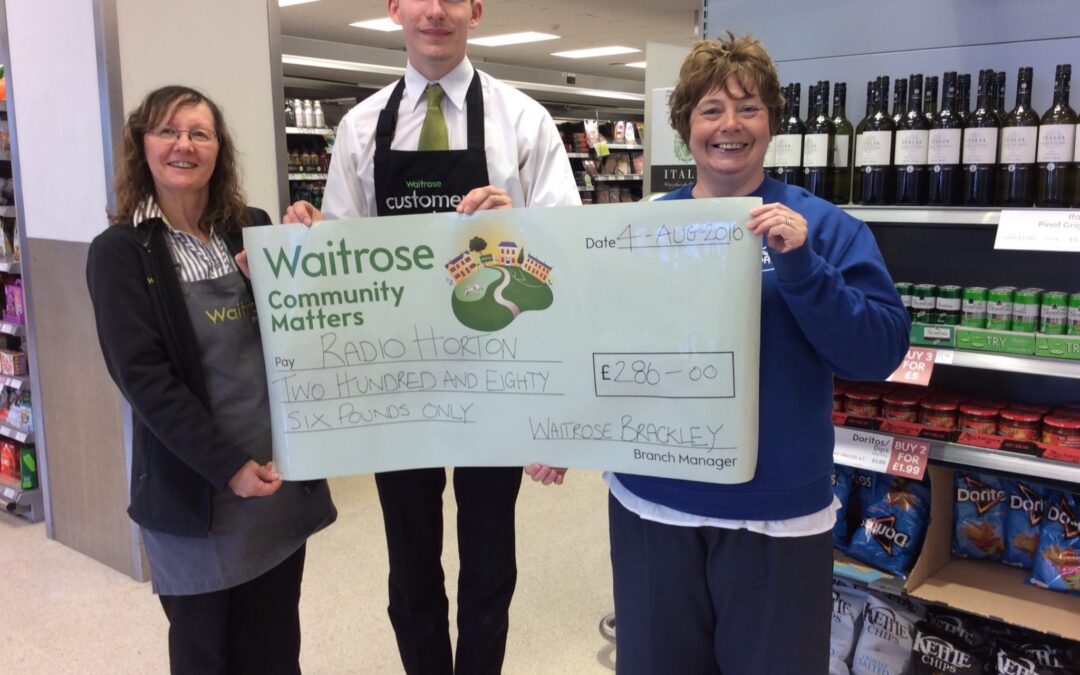
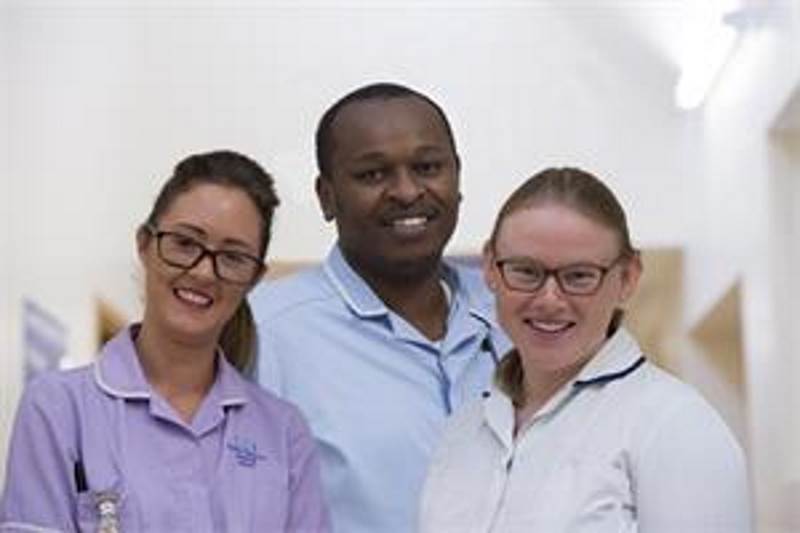

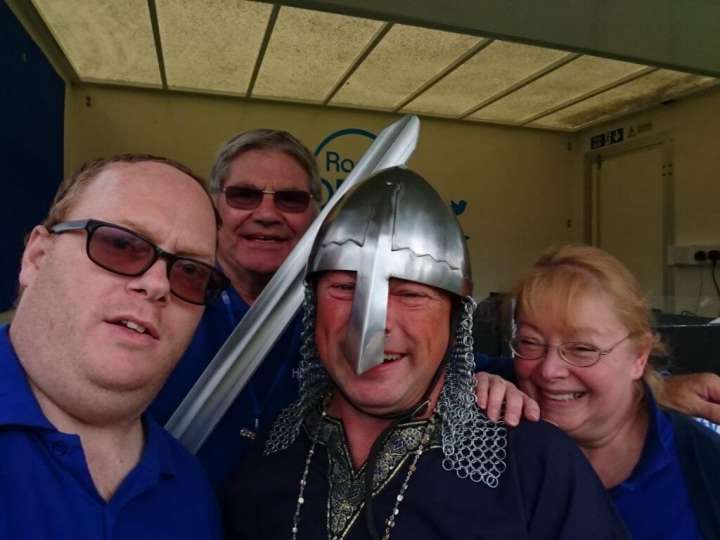
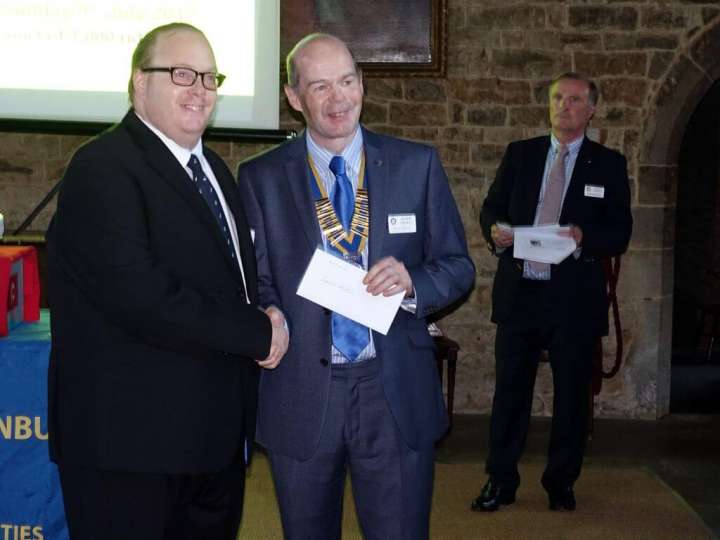
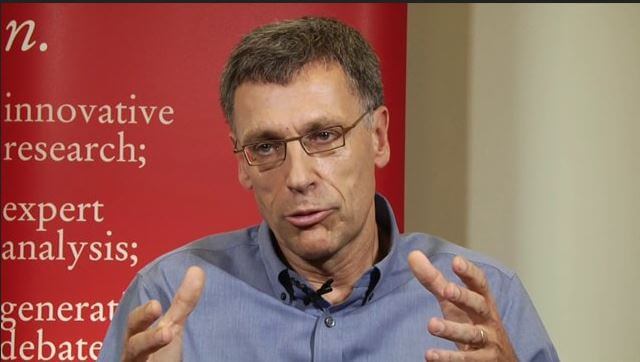
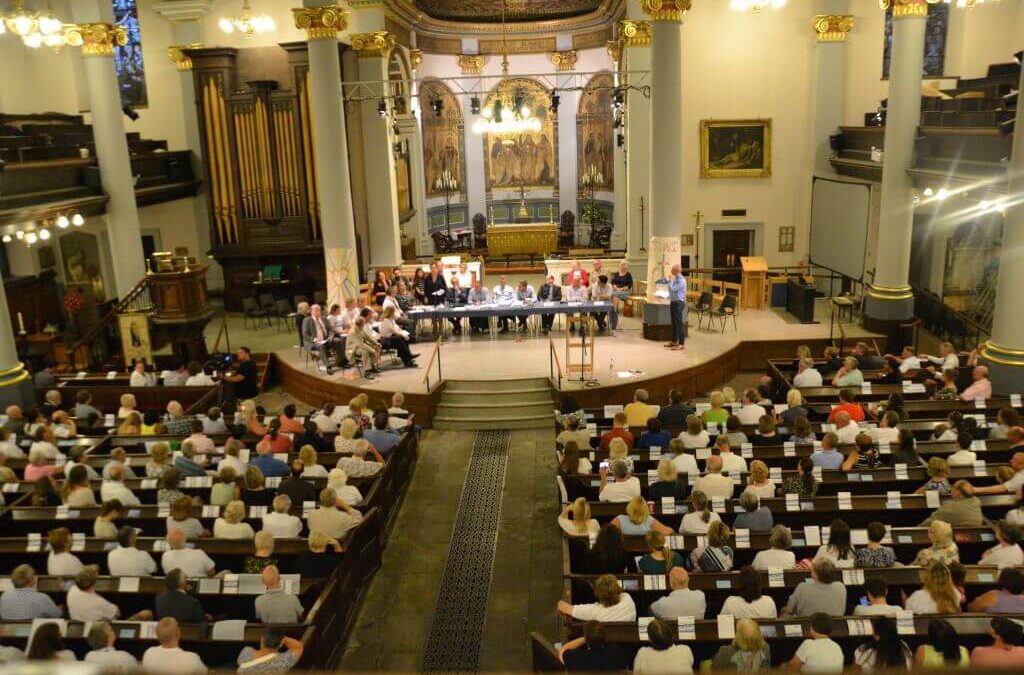
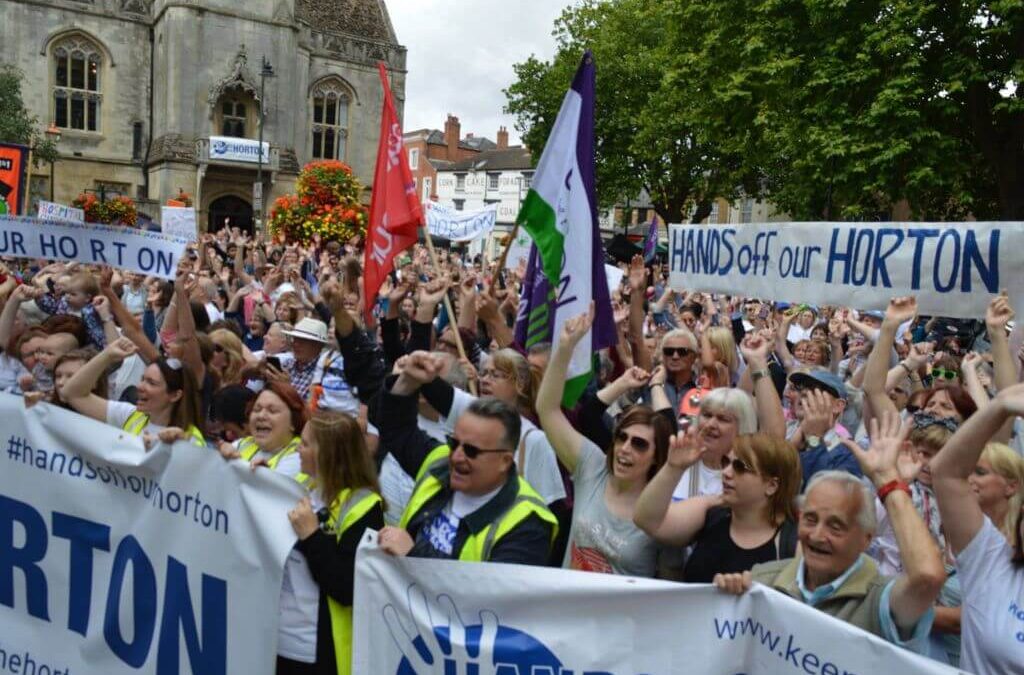
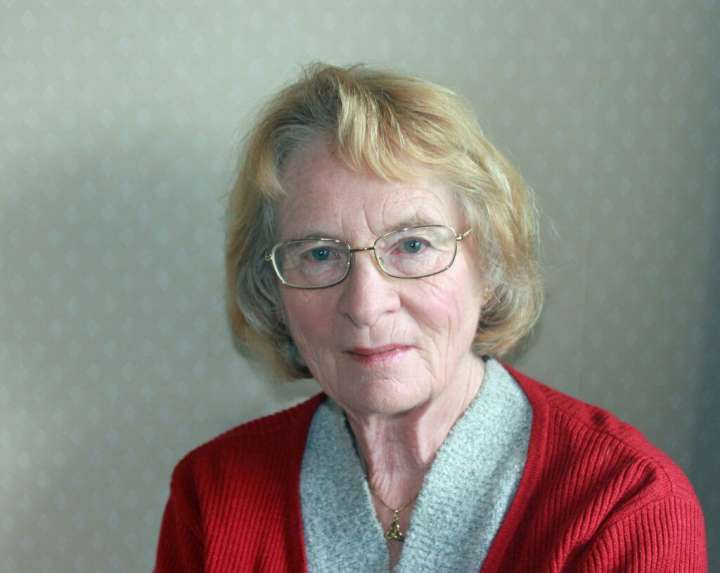
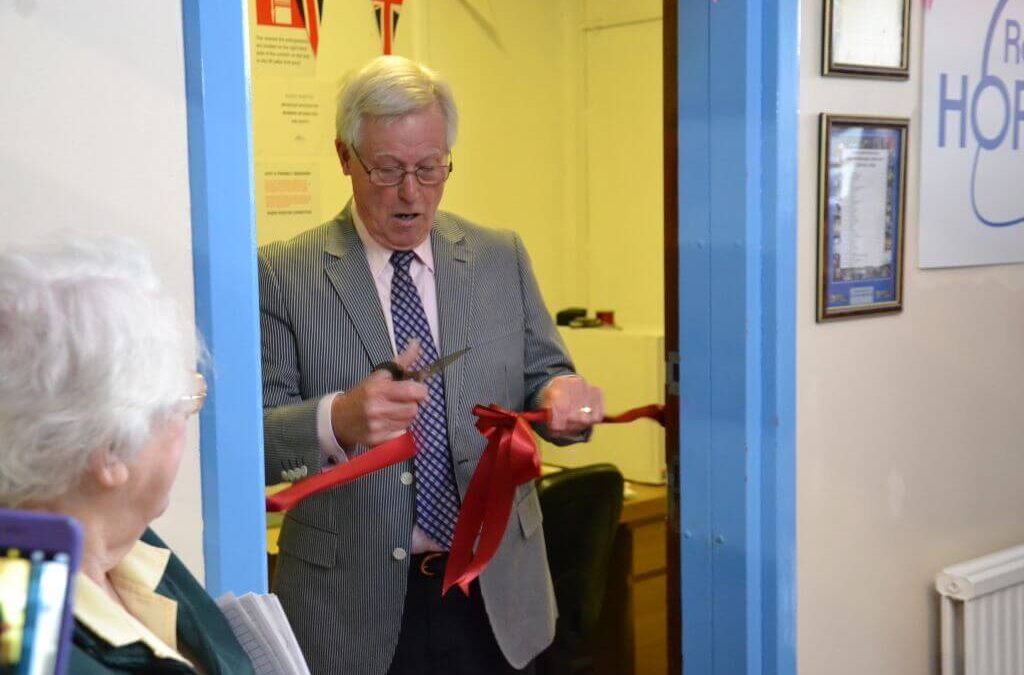
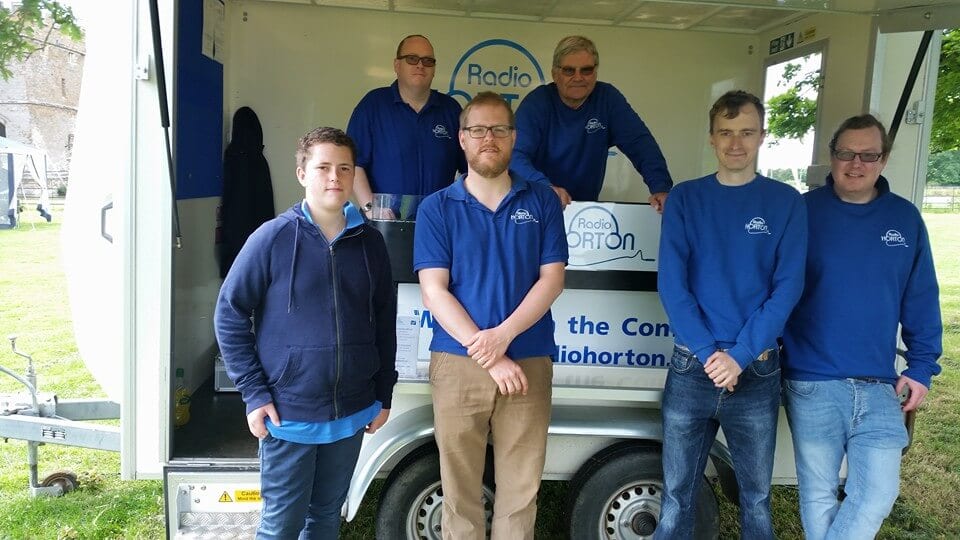
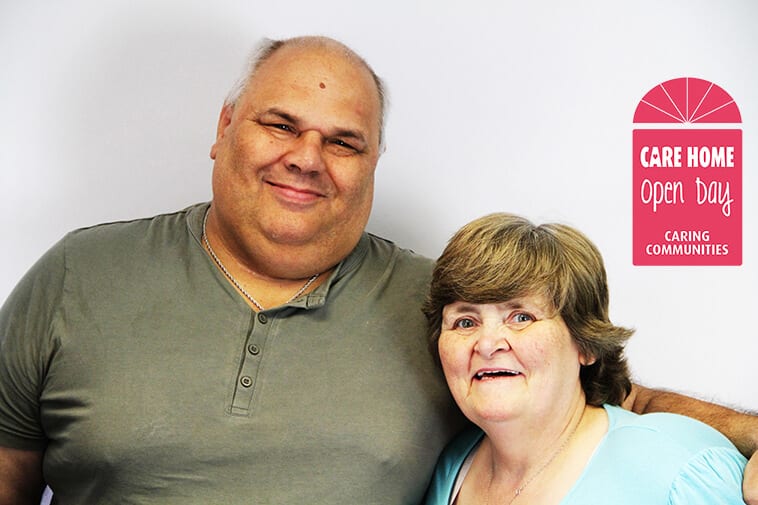
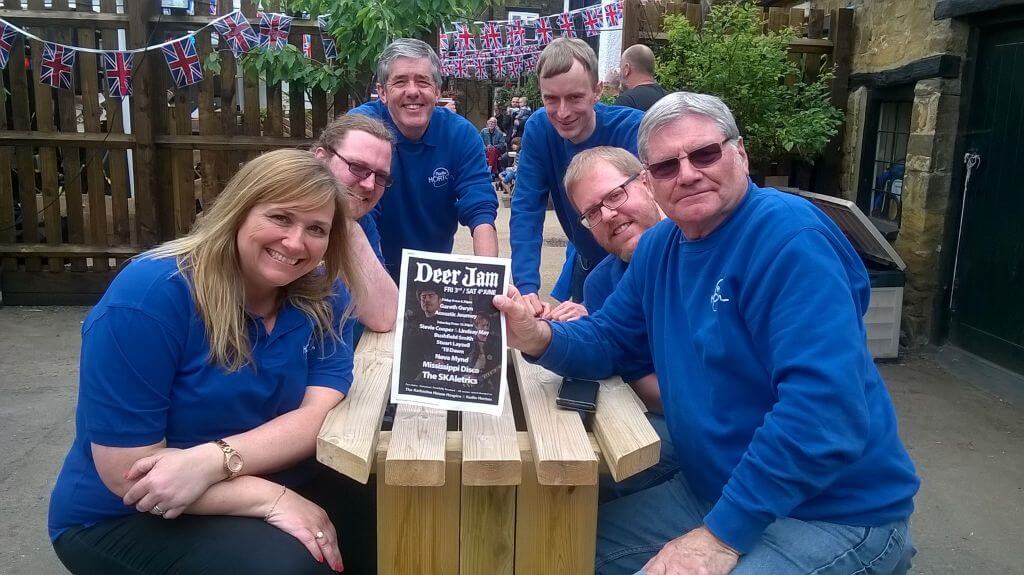
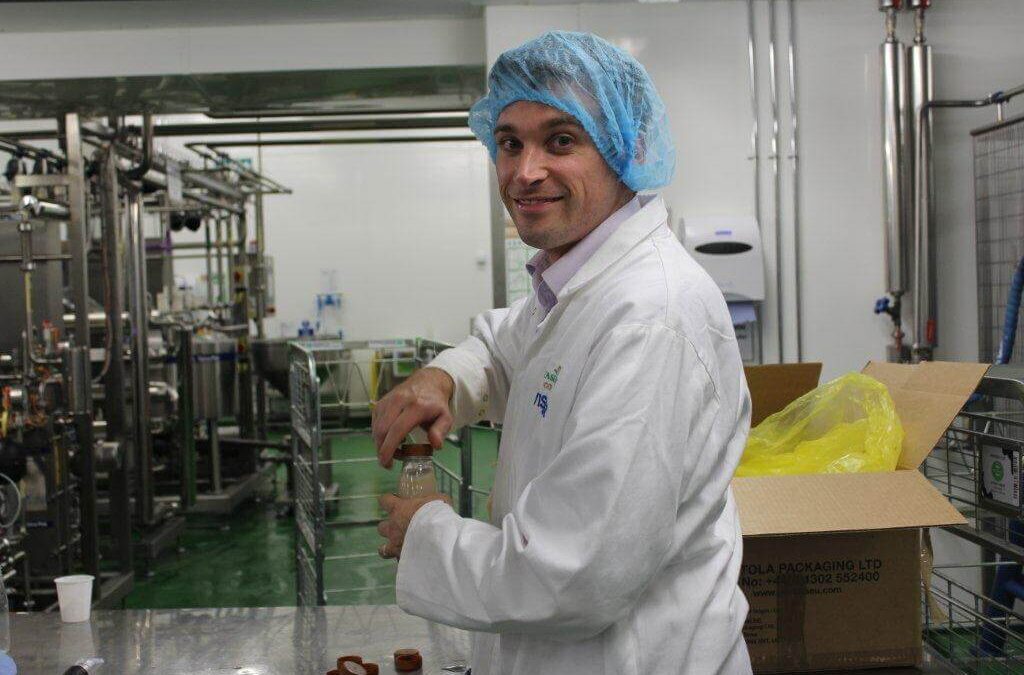
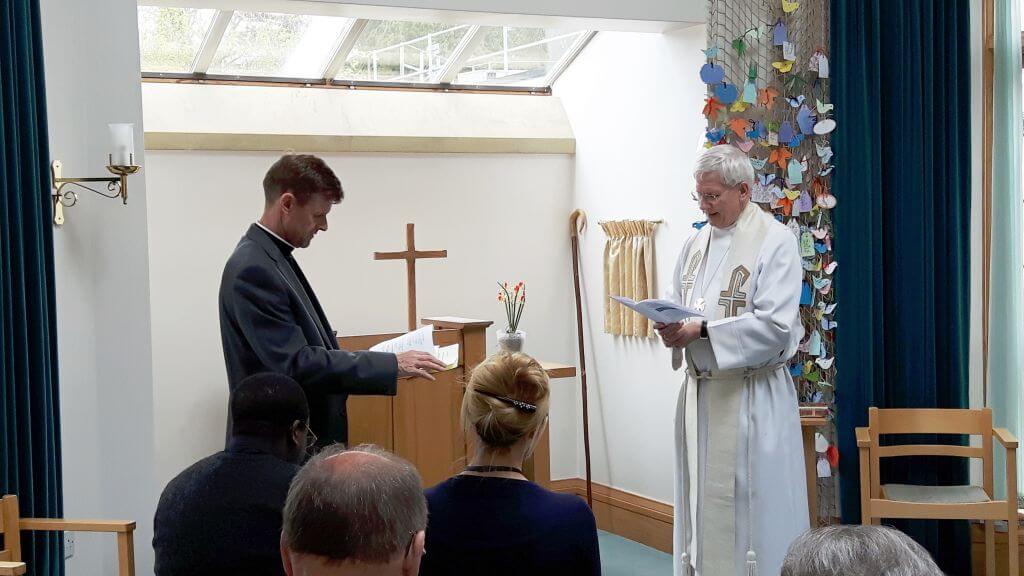
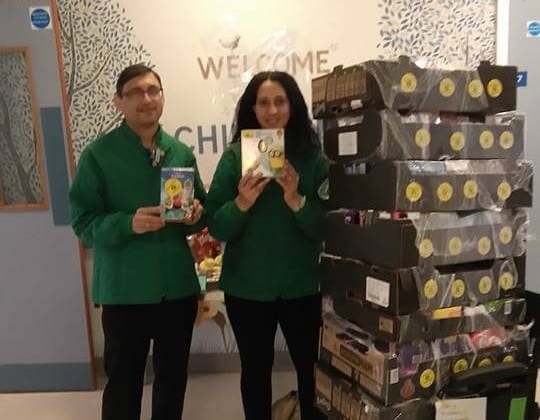
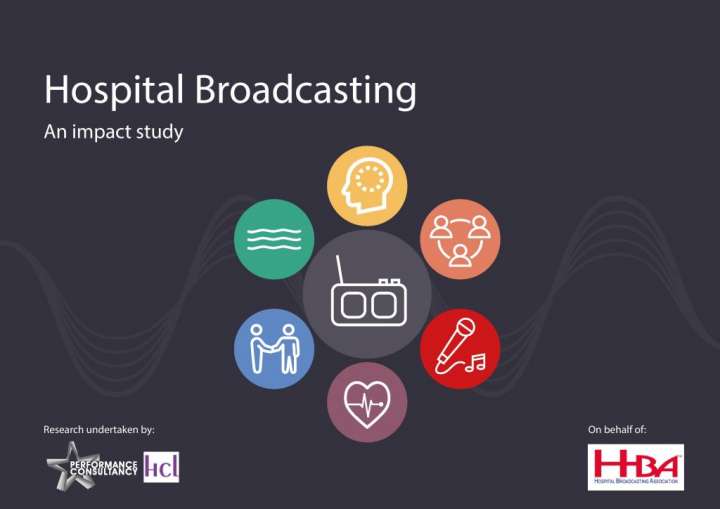
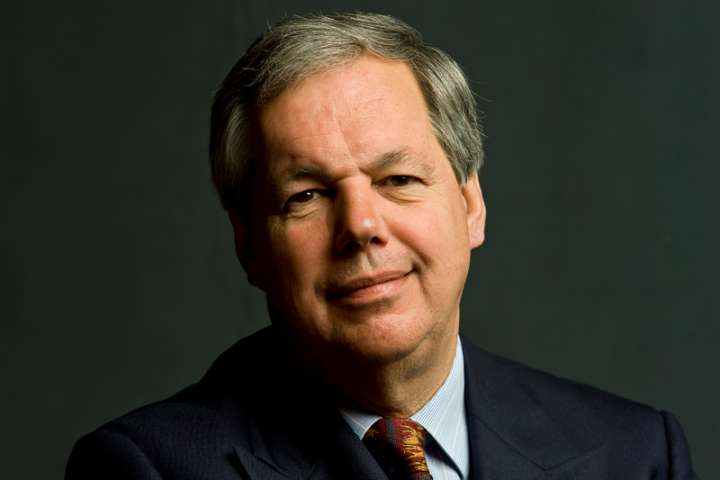
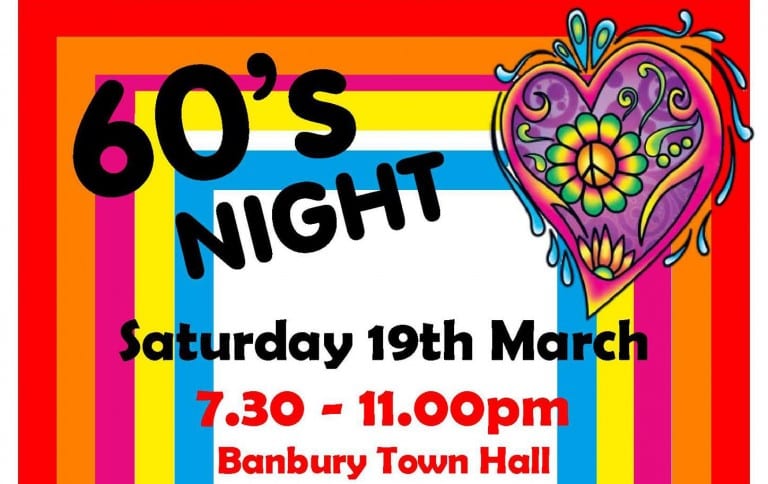
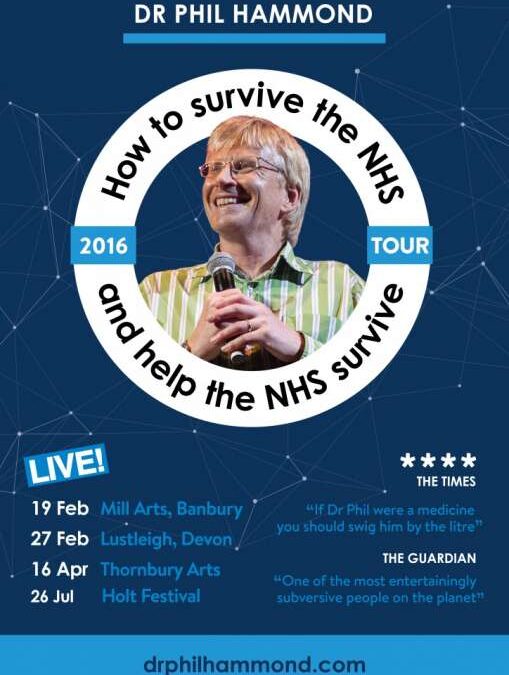
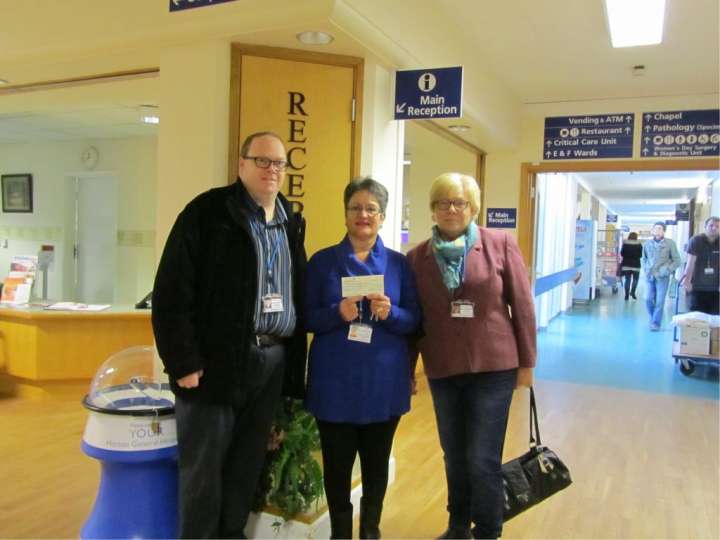
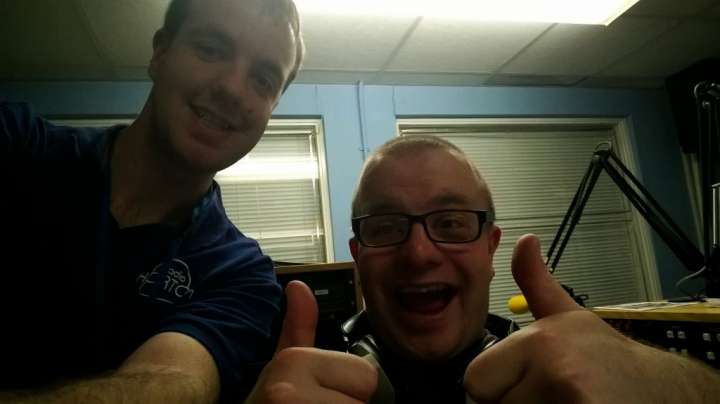
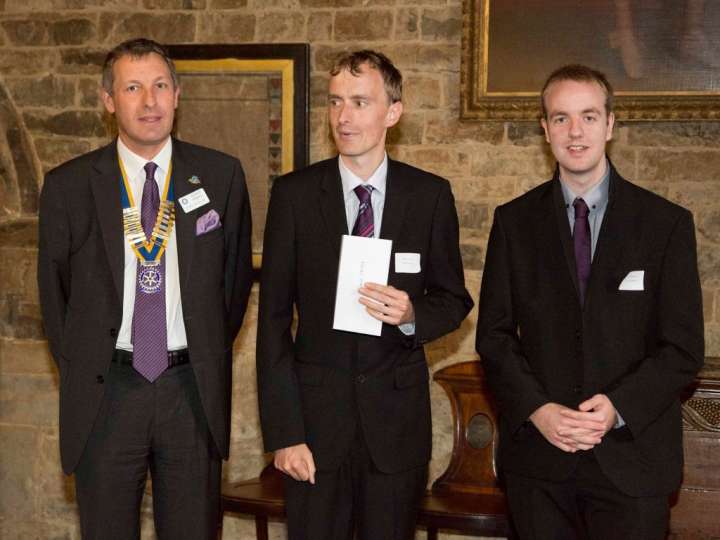
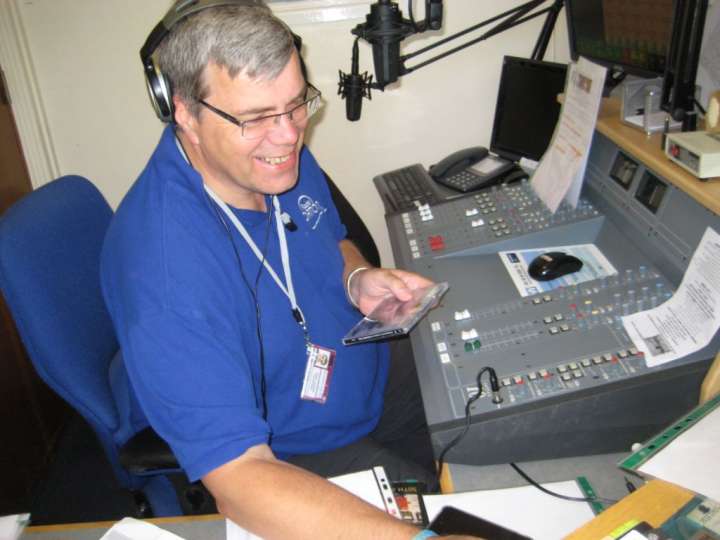
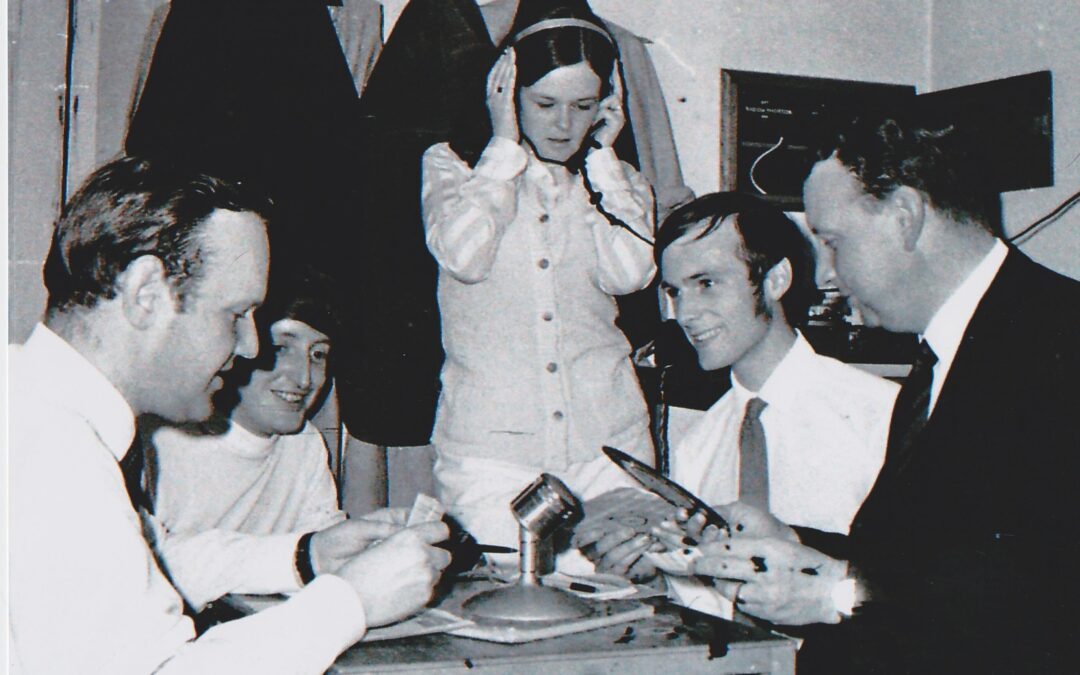
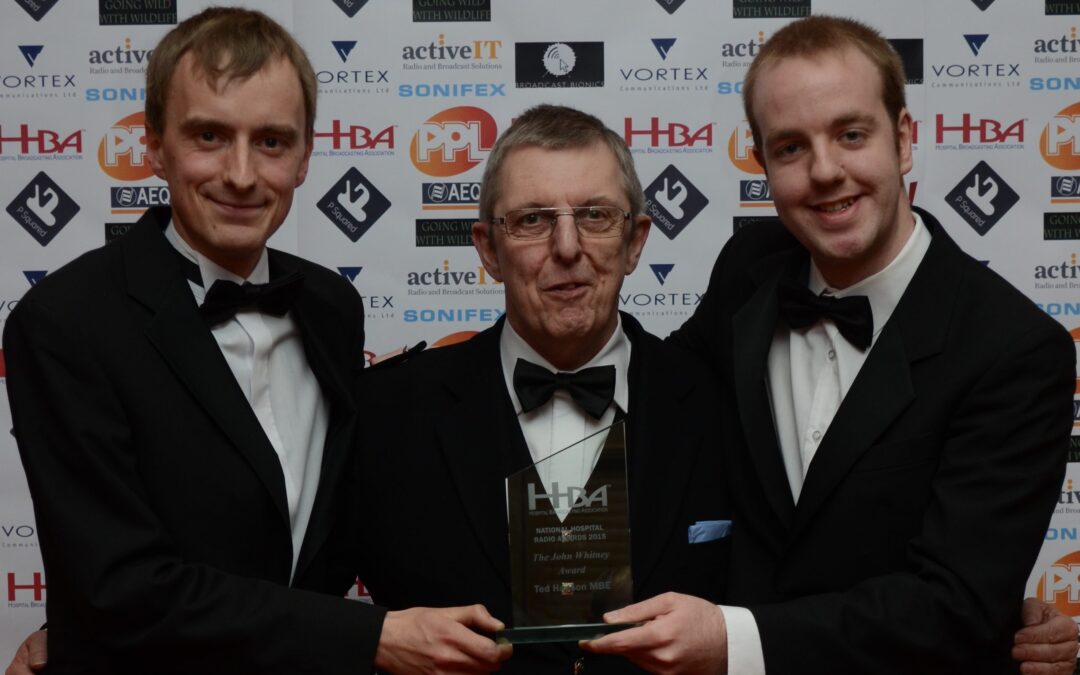
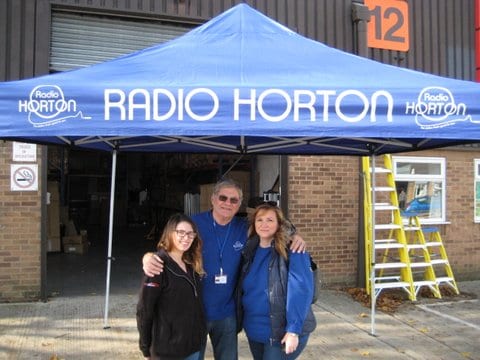
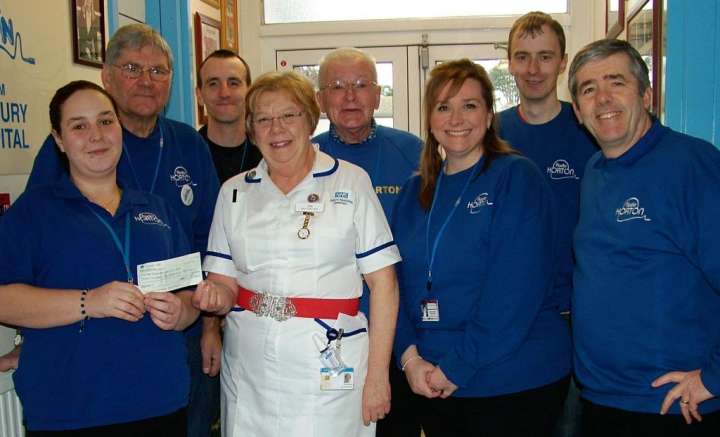
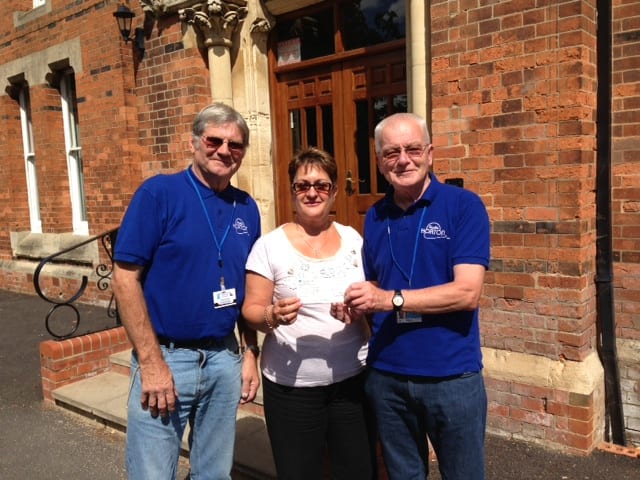
0 Comments